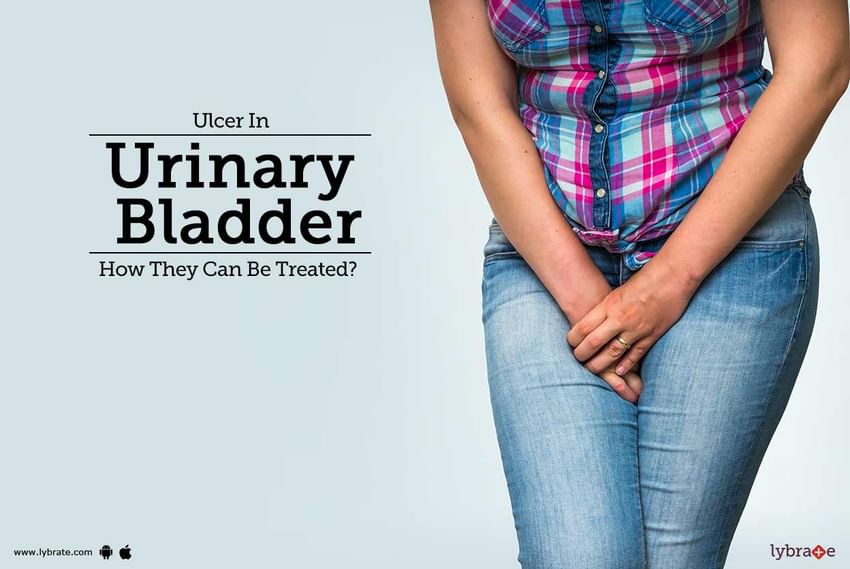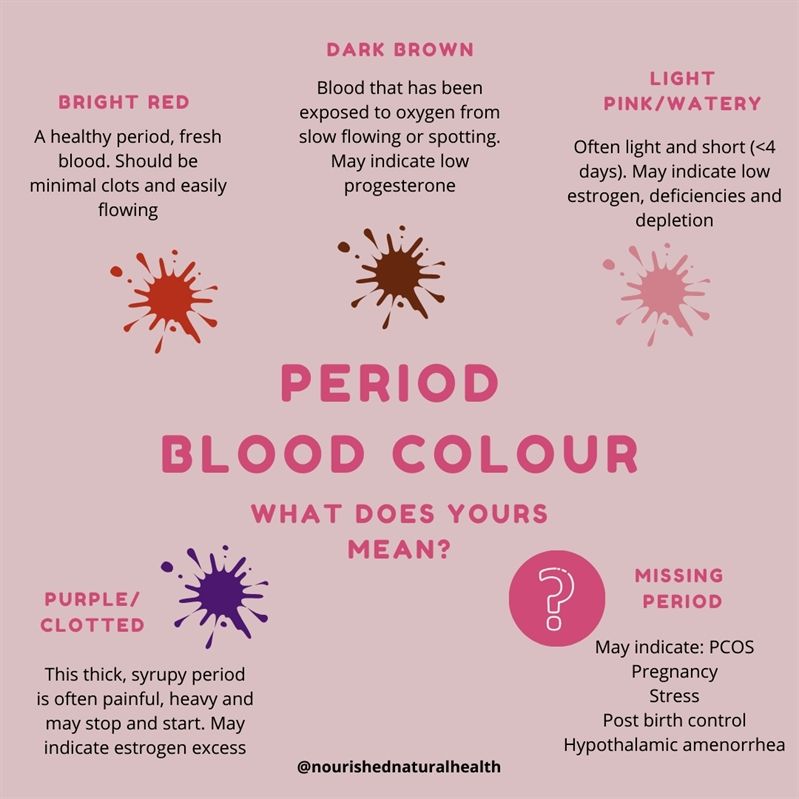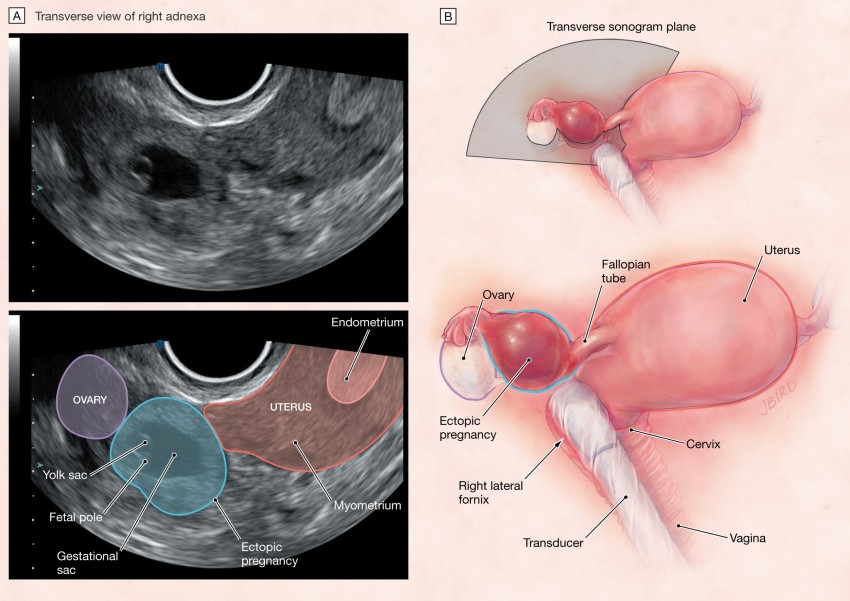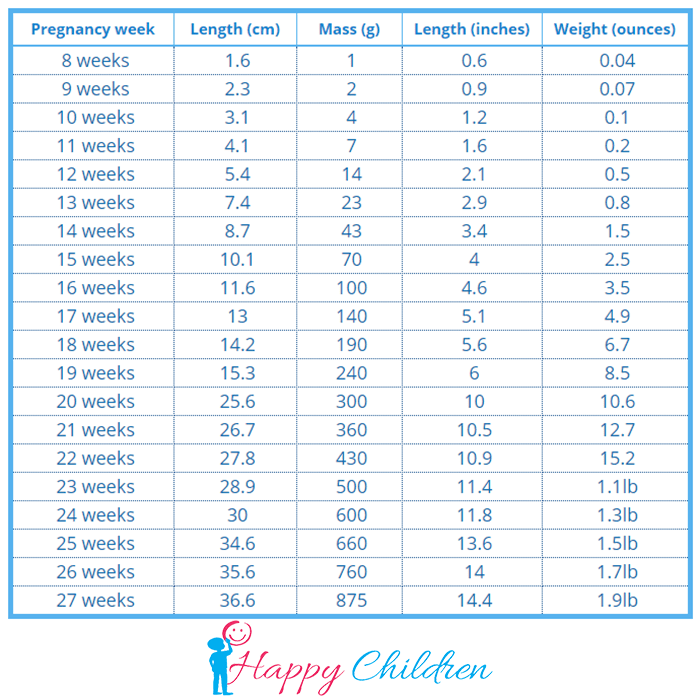Discomforts during pregnancy
Common discomforts of pregnancy | March of Dimes
You may be uncomfortable at times during pregnancy. Discomforts like back ache and being really tired are common and shouldn’t make you worry.
For most discomforts, you can do several things to help you feel better.
Don’t take any medicine, supplement or herbal product to treat a discomfort without talking to your provider first. Some may harm your baby.
If any of the discomforts become severe or painful or interfere with your daily life, tell your provider right away.
Acne
What can I do about acne during pregnancy?
Acne may not cause you physical discomfort, but it may be annoying. If you’ve never had it, you may get it for the first time during pregnancy. If you’ve had it before pregnancy, it may get worse during pregnancy. We don’t know exactly why acne happens during pregnancy, but it’s probably because of extra hormones in your body.
To treat acne during pregnancy:
- Wash your face at morning and night with a mild cleanser and lukewarm water.
- If your hair is oily, wash it with shampoo every day. Try to keep your hair off your face.
- Don’t pick or squeeze acne. This can cause scarring.
- Use makeup that is oil-free. Look for the words water-based, noncomedogenic or nonacnegenic on the product label.
- Talk to your health care provider about medicine you can take to treat acne. Don’t take any medicine—even acne medicine—without talking to your provider first. Some acne medicine can be harmful to your baby. Some can cause birth defects.
Here’s what you need to know about acne medicine:
Most over-the-counter acne medicines are safe to use during pregnancy, but check with your provider first. During pregnancy, you may be able to use products that contain:
- Azelaic acid
- Glycolic acid
- Topical benzoyl peroxide
- Topical salicylic acid
Dapsone, a newer acne medicine, may be safe to use during pregnancy, but talk with your provider before you use it.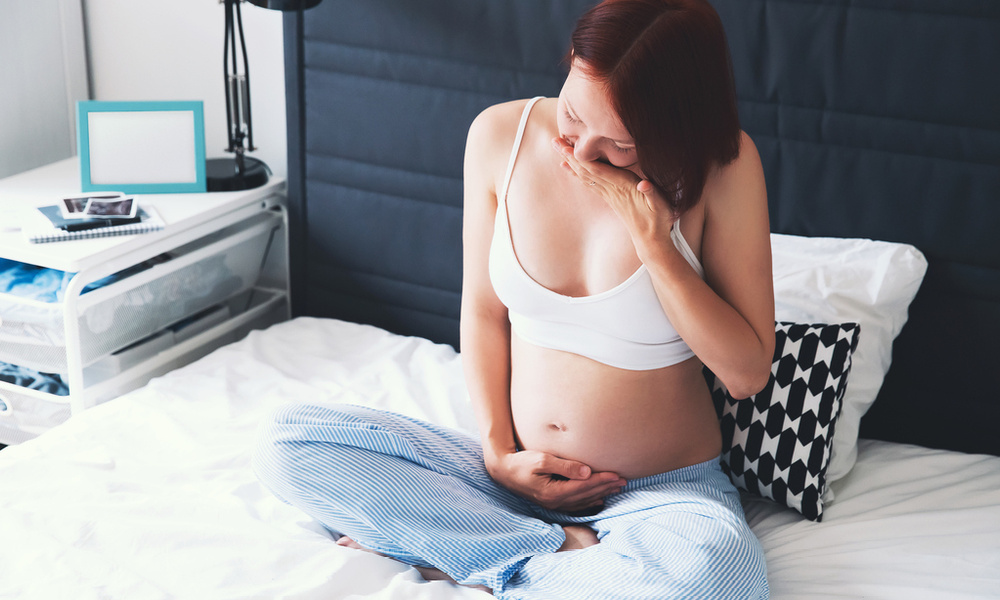
Some acne medicines are not safe to use during pregnancy. They can cause serious problems for your baby, including birth defects. Don’t use these medicines during pregnancy:
- Hormonal therapy
- Isotretinoin and other retinoids
- Oral and topical tetracyclines
Talk to your provider before you take any medicine during pregnancy. Make sure any provider you see (like a doctor who has special training to treat skin, hair and nails [dermatologist]) knows you’re pregnant.
Back pain and sciatica
What can I do about back pain and sciatica during pregnancy?
Pregnancy hormones, your growing belly and weight gain during pregnancy can cause lower-back pain, especially in the later months. Pressure from the uterus can affect your sciatic nerve, which goes from the lower back to the hip and down the back of the leg. Pain along the sciatic nerve is called sciatica.
Here’s what you can do to help relieve back pain during pregnancy:
- Stand up straight with your chest up and your shoulders back and relaxed.
 Don’t lock your knees. Avoid standing for long periods of time. If you have to stand for a long time, try to rest one foot at a time on a stool or box.
Don’t lock your knees. Avoid standing for long periods of time. If you have to stand for a long time, try to rest one foot at a time on a stool or box. - Sit in chairs that have good back support. Put a small pillow behind your lower back for extra support.
- Wear shoes with low heels and good arch support. Don’t wear flats or high heels.
- Don’t lift heavy things. To pick up something off the floor, bend at the knees and keep your back straight. Don’t bend over at the waist.
- Sleep on your left side and put a pillow between your legs or sleep with a full body pillow. Sleep on a firm mattress. If your mattress is soft, put a board between it and the box spring to make it feel firmer.
- Wear maternity pants that have a wide elastic band that goes under your belly. You may want to try wearing a belly-support girdle made just for use during pregnancy.
- Aim to be active every day. Talk to your health care provider about exercises and stretches you can do to help strengthen your back muscles.
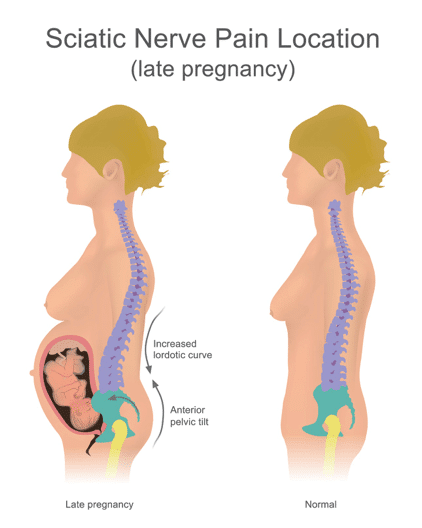
- Try putting a heating pad or ice pack on your back.
- Talk to your provider before you take any pain medicine. This includes prescription and over-the-counter medicine, supplements and herbal products.
Call your provider right away if:
- Your back pain is severe or if you also have a fever.
- Your feet are numb or your legs are weak.
- You have severe pain in your calves.
- It burns when you pee (urinate).
- You’re bleeding from your vagina.
Belly pain
What can I do about pain in my lower belly?
As your baby grows, the muscles around the uterus (womb) pull and stretch. This can cause pain low in your belly. You may feel it most when you cough or sneeze. It usually goes away if you stay still for a bit or if you change to a different position.
Call your health care provider if your belly pain is severe, gets worse or doesn’t go away.
Breasts
What can I do about sore breasts during pregnancy?
Your breasts begin to change early in pregnancy as they get read to make breast milk to feed your baby. Breast changes include:
Breast changes include:
- Getting bigger, fuller and heavier. They may even seem swollen. Tender, swollen breasts may be one of the first signs that you’re pregnant. Your breasts grow because of pregnancy hormones and the increase in fat and milk glands in them. As the skin on your breasts grows, it may be itchy and you may see stretch marks.
- Nipples and areolas getting darker. Your nipples may stick out more, and the areolas may get larger. The areola is the dark area around the nipple.
- Leaking colostrum. Colostrum is clear, sticky liquid that comes out of your breasts right after birth before your breast milk comes in. Your body starts making it during the last few months of pregnancy. As you get closer to your due date, colostrum may leak from your breasts.
Here’s what you can do to help relieve soreness in your breasts:
- Get a good maternity bra that has wide straps and bigger cups.
- If you exercise, make sure your bra gives you good support.
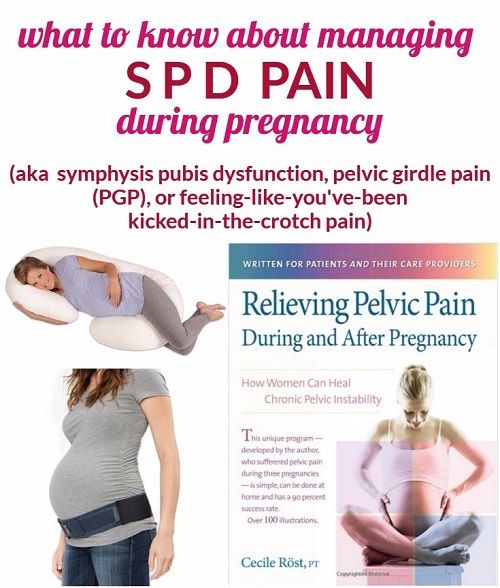
- If your breasts itch, use lotion. Talk to your health care provider about what kind to use.
- If you are leaking colostrum, you can get pads to put in your bra cups to absorb the liquid.
If the soreness in your breasts doesn’t go away, is severe or you feel a lump in your breast, call your provider. If you’ve had breast surgery or implants, tell your provider.
Congestion and nosebleeds
What can I do about congestion and nosebleeds during pregnancy?
You may have a runny or stuffy nose (nasal congestion) or nosebleeds during pregnancy. They’re caused by increased pregnancy hormones and blood in your body that make the lining of your nose swell, dry out and bleed.
Here’s what you can do if you have or want to prevent a stuffy or runny nose or nosebleed:
- Use a humidifier to increase the moisture in the air in your home.
- Drink plenty of water.
- Put a few dabs of petroleum jelly on the insides of your nose.
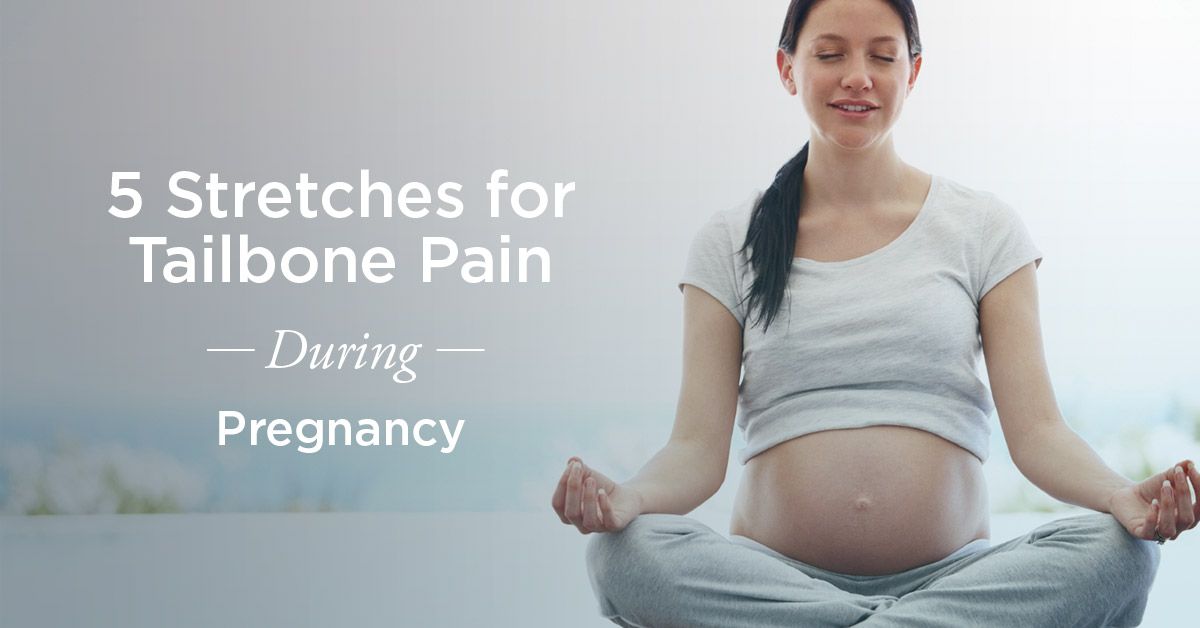
- Use saline nose drops or nose rinse. Don’t use any other kind of medicine without talking to your provider first.
If you have a nosebleed:
- Sit up straight and lean forward.
- Breathe through your mouth and pinch your nose shut for 5 to 10 minutes with your thumb and finger.
- If you get blood in your mouth, spit it out. Swallowing it may upset your stomach.
Call your health care provider right away if:
- You have signs of a cold or the flu, like sneezing, coughing, a sore throat, fever or minor aches.
- A nosebleed lasts longer than 20 minutes.
- You get a nosebleed after an injury to your head.
Constipation
What can I do about constipation during pregnancy?
Constipation is common later in pregnancy. It’s when you don’t have bowel movements or they don’t happen often, or your stools (poop) are hard to pass. Constipation during pregnancy may be caused by pregnancy hormones and the weight of your growing uterus, which can affect the process of how your body breaks down food after you eat (digestion).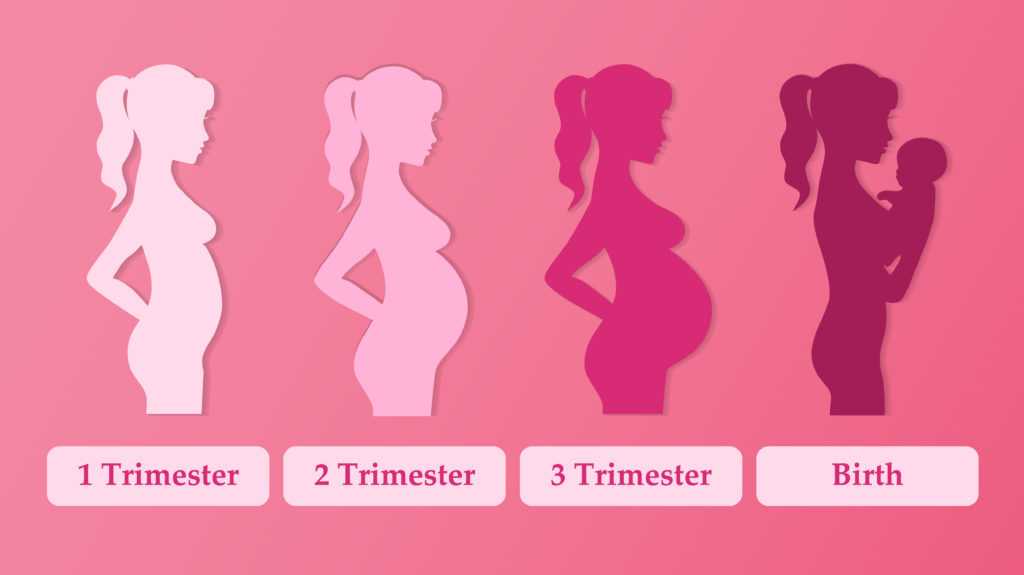
Here’s what you can do to help relieve constipation during pregnancy:
- Drink lots of water. Fruit juice (especially prune juice) can help, too.
- Eat foods that are high in fiber, like fruits, vegetables, beans, whole-grain bread and pasta and bran cereal.
- Eat smaller meals several times a day. Smaller amounts of food may be easier to digest.
- Do something active every day. Walking is good. Ask your provider about other activities that are safe during pregnancy.
- Tell your provider about any supplements you take, especially an iron supplement. Too much iron can lead to constipation. Don’t take any medicine, supplement or herbal product during pregnancy without talking to your provider first. A supplement is a product you take to make up for certain nutrients that you don't get enough of in foods you eat.
- Ask your provider about over-the counter medicine that is safe to take. Don’t take any kind of medicine during pregnancy without talking to your provider first.

If you haven’t had a bowel movement in 3 days, call your provider right away.
Fatigue and sleep problems
What can I do about fatigue and sleep problems during pregnancy?
Fatigue means being really tired and having little energy. You may feel fatigue early and late in pregnancy. Your body may be tired because:
- It’s working hard to take care of your growing baby. Your body’s making pregnancy hormones and you’re using a lot of energy, even when you sleep.
- You may have trouble sleeping at night because you’re uncomfortable or you need to get up to go to the bathroom. Later in pregnancy, leg cramps may wake you up at night.
- You may feel more stress than before you got pregnant. Stress is worry that you feel in response to things that happen in your life. Stress can make you feel tired.
- You may have other children to take care of and other activities that take up a lot of your time.
Here’s what you can do to help you feel less tired:
- Try to go to bed and wake up at the same time every day.
 Take short naps during the day, if you can.
Take short naps during the day, if you can. - Eat healthy foods. Drink plenty of water during the day but cut back a few hours before you go to bed at night.
- Do something active every day. Talk to your health care provider about activities that are safe during pregnancy.
- Cut back on activities that aren’t necessary or that make you tired. Ask your partner, family and friends to help you out around the house or running errands. If you have sick days or vacation days at work, use them.
Here’s what you can do to help you get a good night’s sleep:
- Sleep on your left side with a pillow under your belly and another one under your legs.
- Take a warm shower or bath before you go to bed to help you relax.
- Do exercises, like yoga, to help you relax before going to bed.
- Make sure your bedroom is quiet and comfortable.
- Cut out caffeine, especially before bedtime. Caffeine is a drug found in things like coffee, tea, soda, chocolate and some energy drinks and medicines.
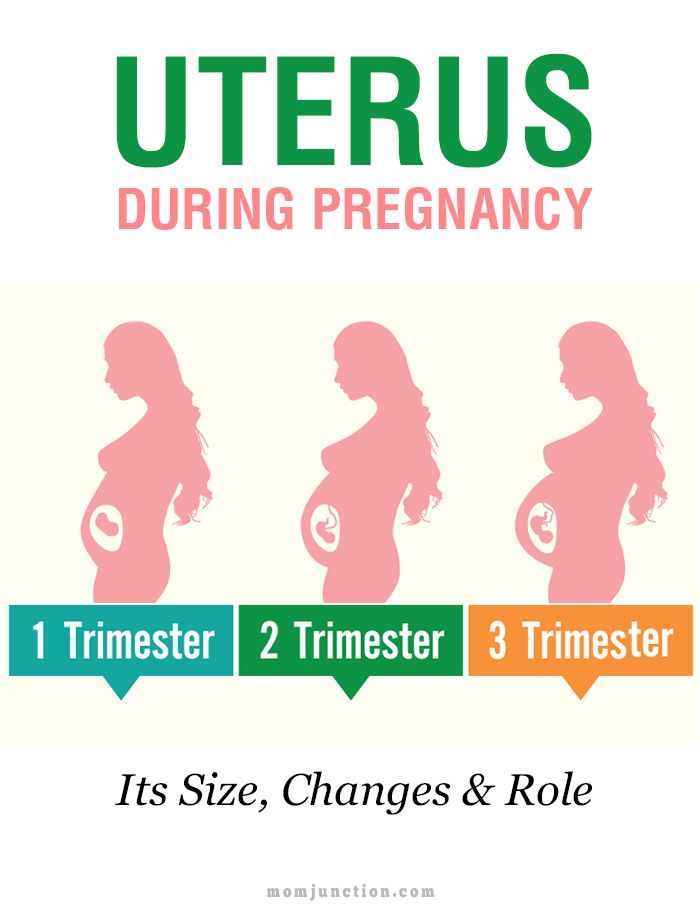 It stimulates the brain, so it makes you feel awake. It stays in the body for several hours, so limit it in the afternoon or evening.
It stimulates the brain, so it makes you feel awake. It stays in the body for several hours, so limit it in the afternoon or evening.
Call your provider right away if you’re severely tired or if it begins to interfere with your everyday life.
Gas
What can I do to help reduce gas during pregnancy?
During pregnancy, certain hormones and your growing baby crowding your belly can slow down the process of how your body breaks down food after you eat (digestion) and cause you to bloat, burp and pass gas.
Here’s what you can do to help reduce gas during pregnancy:
- Don’t eat foods that cause gas, like fried or fatty foods, beans, cabbage, cauliflower and dairy products, like milk and cheese. Limit food and drinks that are carbonated (bubbly), like soda.
- Eat several small meals during the day.
- Do something active every day. Exercise can help improve digestion. Talk to your provider about safe activities to do during pregnancy.
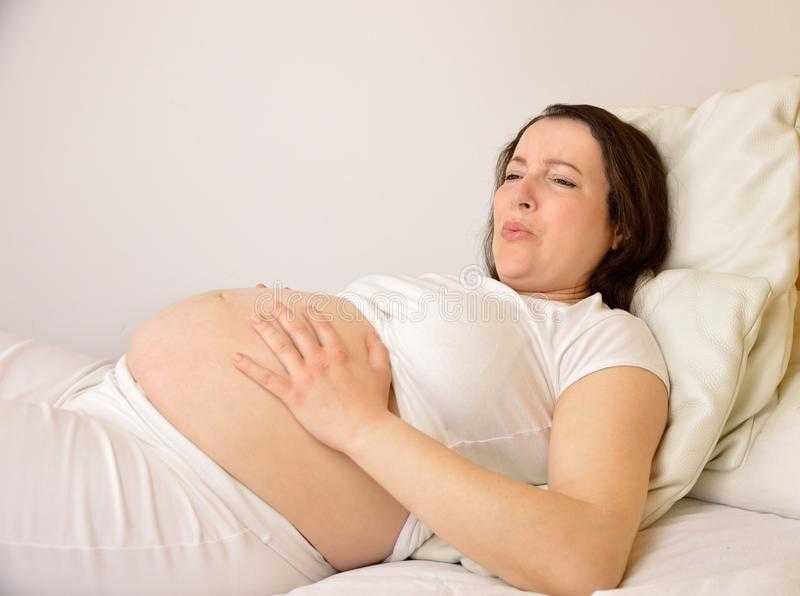
- Talk to your health care provider before you take any medicine to help relieve gas and bloating.
Call your provider right away if you have:
- Gas that feels like labor contractions, that comes and goes regularly, every 5-10 minutes. Contractions are when the muscles of your uterus get tight and then relax. Contractions help push your baby out of your uterus.
- Blood in your stool (poop)
- Severe diarrhea
- Nausea (feeling sick to your stomach) and vomiting
Headaches
What can I do to help relieve headaches during pregnancy?
Headaches are common during pregnancy, especially in the first trimester. They’re often caused by pregnancy hormones, stress or body tension caused by carrying extra weight throughout pregnancy. If you’re cutting back on caffeine during pregnancy, you may get a headache until your body is used to the new amount.
Here’s what you can do to help relieve headaches during pregnancy:
- Talk to your health care provider before you take any medicine, supplement or herbal product to relieve your headache.
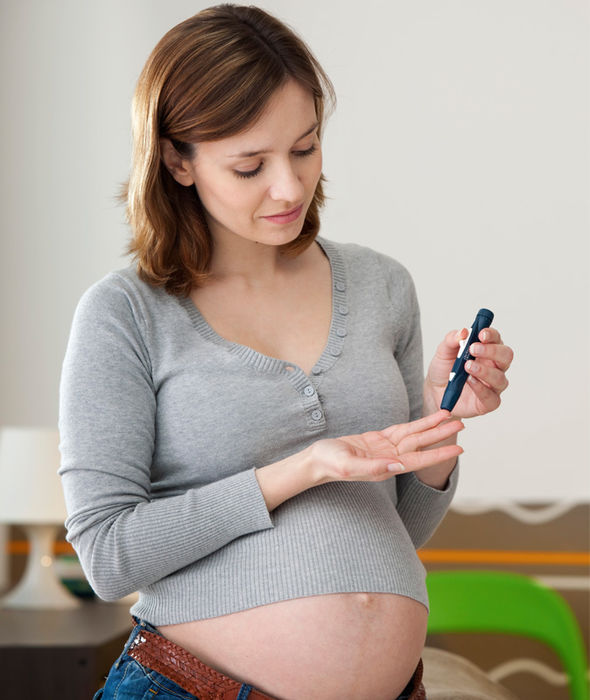 Some may be harmful to your baby. A supplement is a product you take to make up for certain nutrients that you don’t get enough of in the foods you eat. An herbal product, like a pill or tea, is made from herbs (plants) that are used in cooking.
Some may be harmful to your baby. A supplement is a product you take to make up for certain nutrients that you don’t get enough of in the foods you eat. An herbal product, like a pill or tea, is made from herbs (plants) that are used in cooking. - Try to figure out what causes your headache (called a headache trigger). Common headache triggers are cigarette smoke, certain foods and eye strain. Once you know your triggers, try to limit or get rid of them.
- Eat healthy foods, drink lots of water and do something active every day.
- Get a good night’s sleep every night. Rest during the day when you can.
- Try to reduce your stress. Stress is worry, strain or pressure that you feel in response to things that happen in your life. Tell your health care provider if you need help to reduce your stress.
- Try relaxation techniques, like deep breathing, yoga and massage. Take a warm shower or bath before you go to bed.
- Put a damp cloth on your head or on the back of your neck.

Call your provider right away if your headache:
- Is severe or doesn’t go away. Severe headaches during pregnancy may be a sign of preeclampsia. This condition can happen after the 20th week of pregnancy. It’s when a woman has high blood pressure and signs like a severe headache that mean that some of her organs aren’t working properly.
- Comes with fever, vision changes, slurred speech, sleepiness, numbness or not being able to stay alert.
- Comes after falling or hitting your head.
- Comes with a stuffy nose, pain and pressure under your eyes or a toothache. These may be signs of a sinus infection.
Heartburn
What can I do to help relieve heartburn during pregnancy?
Heartburn is a painful, burning feeling in the throat or chest. It happens when food or stomach acid backs up into the tube that carries food, liquid and saliva from your mouth to your stomach (esophagus). Heartburn is common during pregnancy because pregnancy hormones relax the valve between the stomach and the esophagus, and your growing uterus (womb) puts pressure on your stomach.
Heartburn is common during pregnancy because pregnancy hormones relax the valve between the stomach and the esophagus, and your growing uterus (womb) puts pressure on your stomach.
Here’s what you can do to help relieve heartburn during pregnancy:
- Eat five or six small meals a day instead of three large meals. Eat meals slowly—don’t rush.
- Drink more fluids between meals and less with meals.
- Don’t eat late at night. Eat your last meal two to three hours before you lie down or go to bed.
- Don’t eat foods that cause heartburn, like greasy or fatty foods, spicy foods, citrus products (like oranges or orange juice) and chocolate.
- Don’t drink alcohol. Drinking alcohol during pregnancy can cause serious problems for your baby.
- Raise your head up on pillows when you sleep.
- Talk to your health care provider before you take any medicine, like an antacid, to help relieve heartburn.
Call your provider right away if you:
- Have heartburn that returns as soon as your antacid wears off
- Have heartburn that wakes you up at night
- Have trouble swallowing
- Are spitting up blood
- Have black stools (poop)
- Are losing weight
Hemorrhoids
What can I do to relieve hemorrhoids during pregnancy?
Hemorrhoids are swollen veins in and around the area where poop leaves the body (rectum).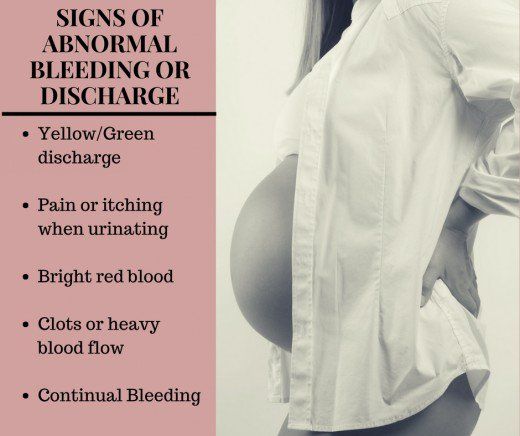 They’re itchy and painful. During pregnancy, they’re caused by increased blood flow in the pelvic area and the pressure on veins there from your growing uterus. Constipation can make them worse. Constipation is when you don’t have bowel movements or they don’t happen often, or your stools (poop) are hard to pass.
They’re itchy and painful. During pregnancy, they’re caused by increased blood flow in the pelvic area and the pressure on veins there from your growing uterus. Constipation can make them worse. Constipation is when you don’t have bowel movements or they don’t happen often, or your stools (poop) are hard to pass.
Here’s what you can do to help prevent hemorrhoids during pregnancy:
- Eat foods that are high in fiber, like fruit, vegetables, beans, whole-grain bread and pasta and bran cereal.
- Drink plenty of water.
- Do something active every day. Talk to your health care provider about activities that are safe during pregnancy.
- Gain the right amount of weight during pregnancy. Talk to your provider about how much you should gain.
- Try not to push too hard when you poop.
Here’s what you can to do help relieve hemorrhoids during pregnancy:
- Don’t sit for long periods of time. Get up and move around to help move the weight of your uterus off of the pelvic veins.
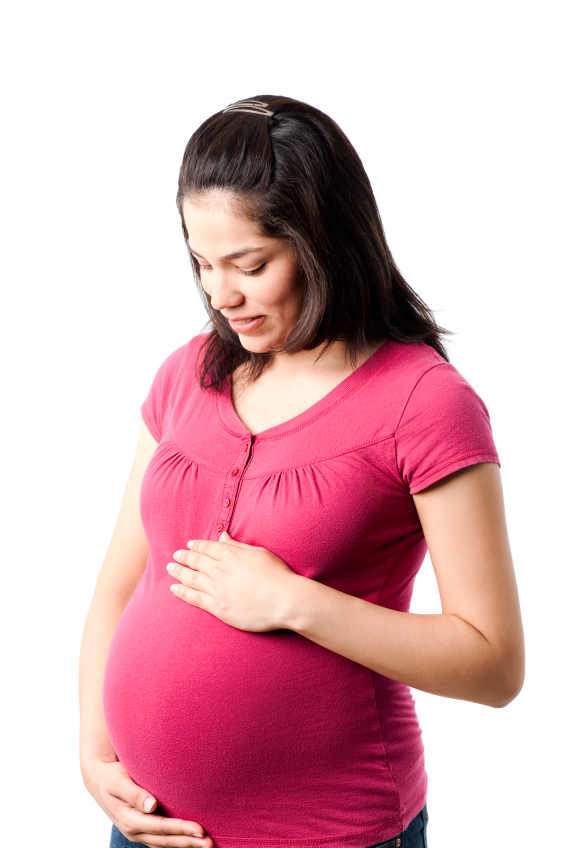
- Soak in warm tub a few times each day. Make sure the water isn’t hot.
- Ask your provider about over-the-counter medicine (creams or wipes) that are safe to use during pregnancy. Also ask about fiber supplements and stool (poop) softeners. Don’t take any medicine, supplement or herbal product without talking to your provider first. Over-the-counter medicine is medicine you can buy without a prescription from your provider. A supplement is a product you take to make up for certain nutrients that you don’t get enough of in the foods you eat. An herbal product, like a pill or tea, is made from herbs (plants) that are used in cooking.
- Talk to your provider about using an ice patch or witch hazel pads to help relieve pain and swelling.
If you have bleeding or severe pain, call your provider right away.
Leg cramps
What can I do to relieve leg cramps during pregnancy?
Leg cramps in your lower legs (calves) and even in your feet are common in the second and third trimesters.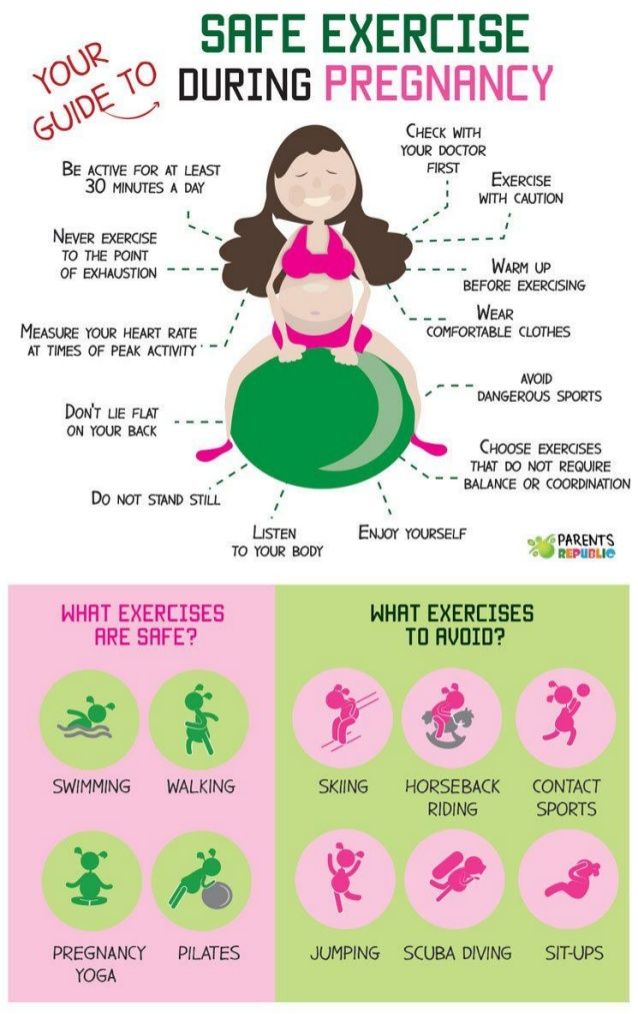 They often happen at night and can wake you up. We’re not exactly sure what causes leg cramps in pregnancy.
They often happen at night and can wake you up. We’re not exactly sure what causes leg cramps in pregnancy.
Here’s what you can do to help prevent leg cramps:
- Stretch your legs before you go to bed.
- Do something active every day. Talk to your health care provider about activities that are safe to do during pregnancy.
- Eat foods that are high in magnesium. Magnesium is a mineral that you get from food. Too little magnesium in your body may cause leg cramps. Foods that have a lot of magnesium in them are whole-grain bread and pasta, beans, nuts, seeds and dried fruit. Ask your provider about taking a magnesium supplement. A supplement is product you take to make up for certain nutrients that you don't get enough of in foods you eat.
- Drink lots of water.
- Wear comfortable and supportive shoes.
- Talk to your doctor about taking a calcium supplement.
Here’s what you can do to help relieve leg cramps:
- Stretch your calf muscles.
 Flex your feet and down.
Flex your feet and down. - Massage the calves using long, downward strokes.
- Take a hot shower or a warm bath.
- Put ice on your legs.
Call your provider if your leg cramps:
- Happen a lot
- Cause severe pain
- Come with swelling, redness, skin changes or weak muscles
- Don’t get better when you try to relieve them
Shortness of breath
What can I do to help with shortness of breath during pregnancy?
Shortness of breath is when you feel like you can’t get enough air into your lungs when you breathe. You may feel like this later in pregnancy, when your baby’s big and pressing on the muscle that helps you breathe (diaphragm). Even if you feel shortness of breath, your baby’s getting oxygen in the womb.
To help make breathing easier:
- Don’t smoke. If you need help to quit smoking, tell your health care provider.
- Sit or stand up straight to give your lungs room to expand.
 Move slowly.
Move slowly. - Try to breathe clean air. Stay away from secondhand smoke (smoke from someone else’s tobacco) and other air pollutants.
Call your provider if:
- There’s a big change in your breathing.
- You have a cough.
- You have pain in your chest.
Teeth and gums
How do teeth and gums change during pregnancy?
You may not expect it, but your teeth and gums may change during pregnancy. It’s important to keep your teeth and gums healthy so they don’t get infected. Infections during pregnancy can cause problems for you and your baby, like increasing your risk for preterm labor and premature birth. Preterm labor is labor that happens before 37 weeks of pregnancy. Premature birth is birth that happens before 37 weeks of pregnancy.
Common teeth and gum changes include:
- Your gums may be sensitive and swollen. They may bleed when you brush or floss.

- Your teeth may feel loose. This can happen because pregnancy hormones that help relax muscles for labor and birth may relax the tissue that holds your teeth in place.
- If you have morning sickness, the acid in your mouth may cause the enamel on your teeth to wear off (erode). The acid also can cause cavities.
Here’s what you can do to help relieve any pain that may come with teeth and gum changes:
- Use a softer toothbrush.
- Rinse your mouth with warm salt water.
- Get regular dental checkups even during pregnancy. Make sure your dentist knows that you’re pregnant.
Urinating often
What can I do about having to urinate often during pregnancy?
You may need to pee (urinate) more often during pregnancy, especially early in pregnancy and in the final weeks before your baby is due. As your baby grows, the weight pushes down on your bladder. Urine may leak when you cough, laugh, sneeze or exercise.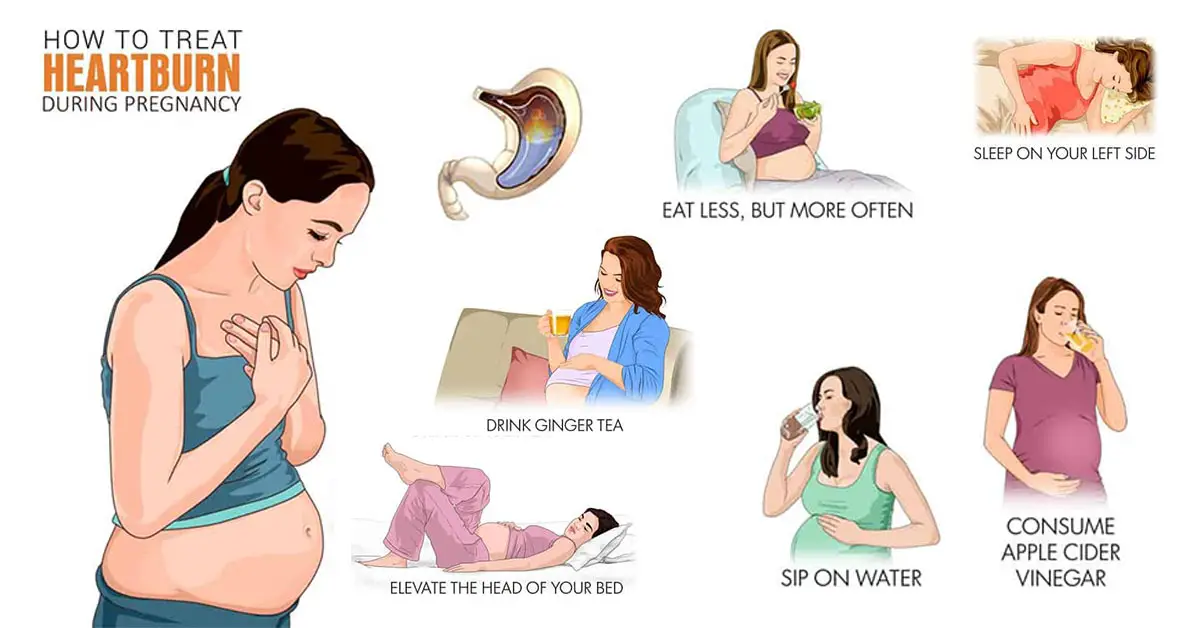
Here’s what you can do if you need to urinate often:
- Don’t drink coffee, tea, soda and other drinks that have caffeine in them. Caffeine is a drug that can cause you to need to urinate more often.
- Do Kegel exercises to help strengthen the muscles that control the flow of urine. To do them, squeeze the muscles you use to stop yourself from urinating. Hold the muscles tight for 3 seconds and then release. Do this 10 to 15 times, three times per day. Kegel exercises also help prepare muscles for labor and birth.
- Go when you need to go. Don’t try to hold it. When you urinate, lean forward a bit to completely empty your bladder.
- Go to the bathroom before you exercise. Talk to your health care provider about safe exercises to do during pregnancy.
- Stop drinking fluids about 2 to 3 hours before you go to bed.
- Use a pad or panty liner to catch leaks.
Call your provider right away if you have signs or symptoms of a urinary tract infection (also called a UTI).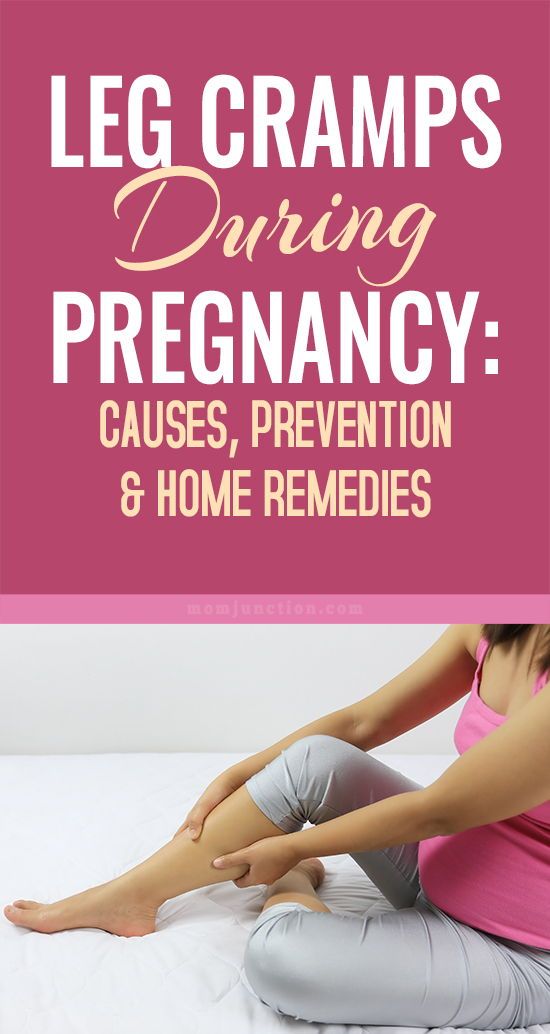 If it’s not treated, a UTI can lead to a more serious infection or preterm labor. Preterm labor is labor that happens too soon, before 37 weeks of pregnancy. Signs and symptoms of UTIs include:
If it’s not treated, a UTI can lead to a more serious infection or preterm labor. Preterm labor is labor that happens too soon, before 37 weeks of pregnancy. Signs and symptoms of UTIs include:
- Blood in the urine
- Fever
- Needing to go again immediately after you urinate
- Pain or burning when you urinate
Vaginal discharge
What do I need to know about vaginal discharge during pregnancy?
Vaginal discharge (also called lochia) that’s clear, white or sticky is normal during pregnancy. It’s caused by pregnancy-related changes in the birth canal (vagina) and the opening to the uterus at the top of the vagina (cervix).
Discharge that’s not normal may be a sign of infection, and infections can cause serious problems during pregnancy. Call your health care provider right away if your discharge:
- Is not clear or white
- Smells bad
- Comes with itchiness
- Comes with pain or soreness
Varicose veins and swelling in your legs, ankles and feet
What can I do about varicose veins and swelling in my legs, ankles and feet?
If you look down and can’t see your ankles, you’re not alone! Many women have swelling in their legs, ankles and feet during pregnancy.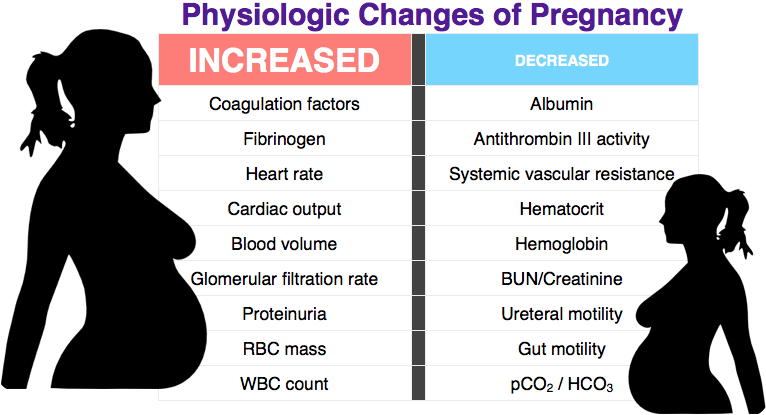 Swelling may be caused by pregnancy hormones, having more fluid in your body during pregnancy, and pressure from your growing baby on the veins that carry blood to your heart.
Swelling may be caused by pregnancy hormones, having more fluid in your body during pregnancy, and pressure from your growing baby on the veins that carry blood to your heart.
Pressure on a vein called the inferior vena cava may cause sore, itchy, blue bulges on your legs. These are called varicose veins. They usually don’t cause problems, but they’re not pretty. You’re more likely to have them if it’s your first pregnancy or if other people in your family have them.
Here's what you can do to help relieve varicose veins and swelling in your legs, ankles and feet:
- Don’t stand for long periods of time.
- When you’re sitting down, put your feet up. Don’t cross your legs when you sit.
- When you’re lying down, put your legs up on a pillow.
- Sleep on your left side. This takes pressure off the vein that returns blood from the lower parts of your body to your heart.
- Wear support hose or compression stockings or leggings. These fit tightly all over and can help control swelling.
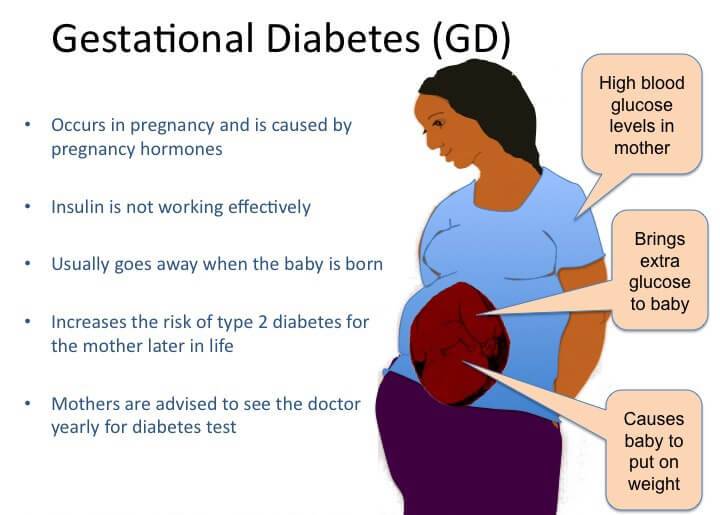 Don’t wear socks or stockings that have a tight band of elastic around the leg.
Don’t wear socks or stockings that have a tight band of elastic around the leg. - Do something active every day. Talk to your provider about activities that are safe during pregnancy.
- Put an ice pack on swollen areas.
If you have extreme or sudden swelling, call your provider right away. These may be signs of a serious condition called preeclampsia. This condition can happen after the twentieth week of pregnancy. It’s when a woman has high blood pressure and signs like a severe headache that mean that some of her organs aren’t working properly.
Last reviewed: March, 2022
Common discomforts during pregnancy | Pregnancy Birth and Baby
beginning of contentMorning sickness
Morning sickness is a feeling of nausea or the experience of vomiting during pregnancy. Find out why some women get it and what you can do to relieve .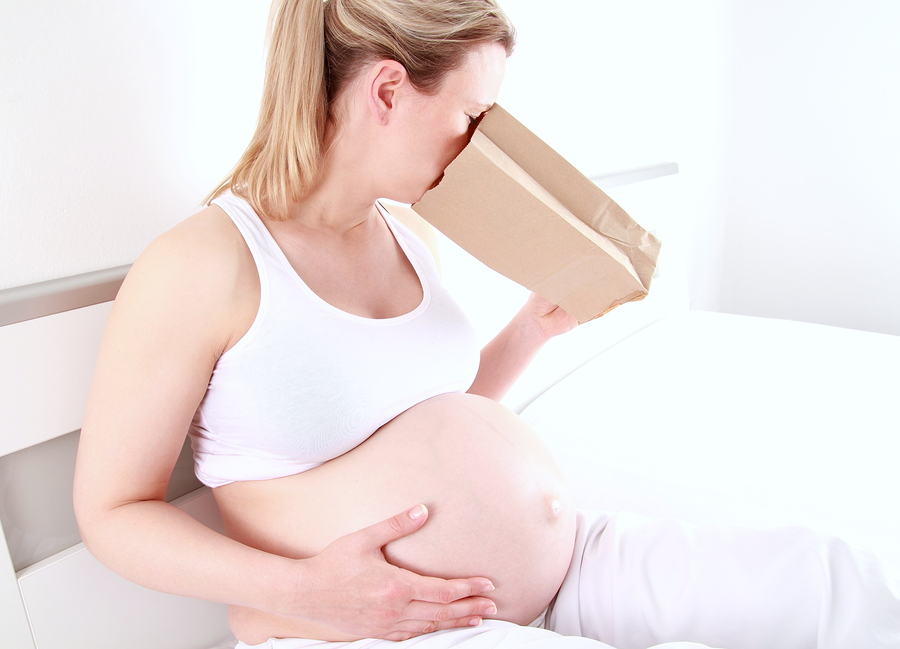 ..
..
Backache in pregnancy
There are several things you can do to help prevent backache from happening during your pregnancy, and to help you cope with an aching back if it does...
Bladder and bowel problems during pregnancy
During pregnancy, many women experience some rather unpleasant conditions. Maintaining a healthy diet and doing regular exercise can help make life a ...
Changes to hair during pregnancy
Hormonal changes during pregnancy can make your hair thicker or thinner. Learn about these changes and whether you can dye hair while pregnant.
Changes to your skin during pregnancy
As your pregnancy develops, you may find that you experience changes to your skin and hair.
Dealing with fatigue during your pregnancy
Feeling tired, a bit faint and hotter than usual is quite common during pregnancy, and its all down to your hormones.
Headaches during pregnancy
Headaches are common at various stages of pregnancy. Find out what can help improve your symptoms, and when you should see your doctor.
Indigestion and heartburn in pregnancy
Indigestion (dyspepsia) and heartburn are very common during pregnancy. Find out how to recognise, treat and prevent indigestion.
Leg cramps during pregnancy
Leg cramps are a normal but sometimes uncomfortable part of your pregnancy.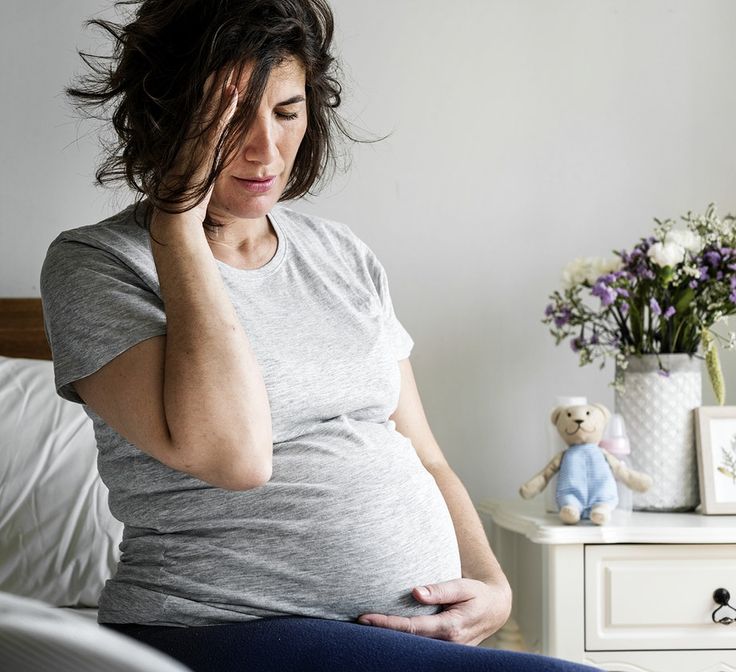 Find out how to treat and help prevent leg cramps.
Find out how to treat and help prevent leg cramps.
Swelling during pregnancy
Swollen ankles and feet are very common during pregnancy. Find out how you can help relieve some of the discomfort and know whether any symptoms are s...
Vaginal discharge during pregnancy
Almost all women have more vaginal discharge in pregnancy as it helps prevent any infections travelling up from the vagina to the womb.
Vaginal thrush during pregnancy
Changes in the levels of female hormones during pregnancy increase your chances of developing thrush and make it more likely to keep coming back.
Varicose veins
Varicose veins are a common but uncomfortable part of pregnancy and usually go away without treatment.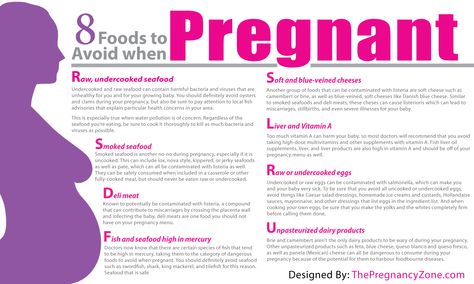 Find out here how you can ease the discomfort.
Find out here how you can ease the discomfort.
Why pulls the stomach in the early stages of pregnancy?
Why does the stomach pull in the early stages of pregnancy? This question often worries expectant mothers, and at times leads to panic. When is discomfort pathology, and when is it normal?
Pregnancy is a special time for a mother and her baby. After all, the connection between them is inextricable, and every negative influence or stress affects both of them.
Possible causes of pain
Every woman dreams of having an easy pregnancy and no cause for alarm. However, a very common complaint among pregnant women is pain in the lower abdomen of a pulling or aching nature.
Complaints are so common that it is necessary to clearly understand when pulling sensations during pregnancy are pathological and require immediate medical attention, and when they are completely physiological and require only general recommendations.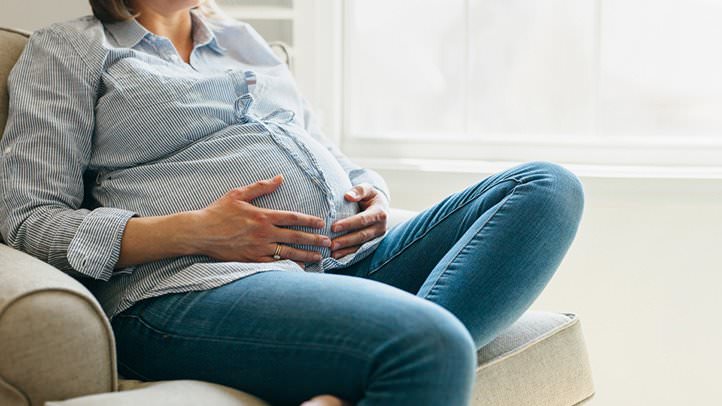 nine0003
nine0003
Of course, pain in the lower abdomen can appear at any stage of pregnancy, however, most often women notice their appearance in the early stages of pregnancy.
Painful sensations in the abdomen during pregnancy are very diverse both in subjective sensations and in their localization, in intensity of occurrence. Pain can appear both at rest and after any physical activity. Unpleasant sensations can manifest themselves in one place, or radiate to other areas. nine0003
Unpleasant sensations in the lower abdomen are rarely avoided during pregnancy. These sensations can occur not only in pathology. During pregnancy, the uterus increases in size, there is a tension in its ligaments and muscles. In addition, there is a displacement of the pelvic organs. All this leads to the appearance of pulling or aching sensations in the abdomen. All these phenomena are manifestations of physiological changes that occur to a woman during pregnancy.
Of course, this state of fear does not cause and does not require any intervention on the part of the doctor.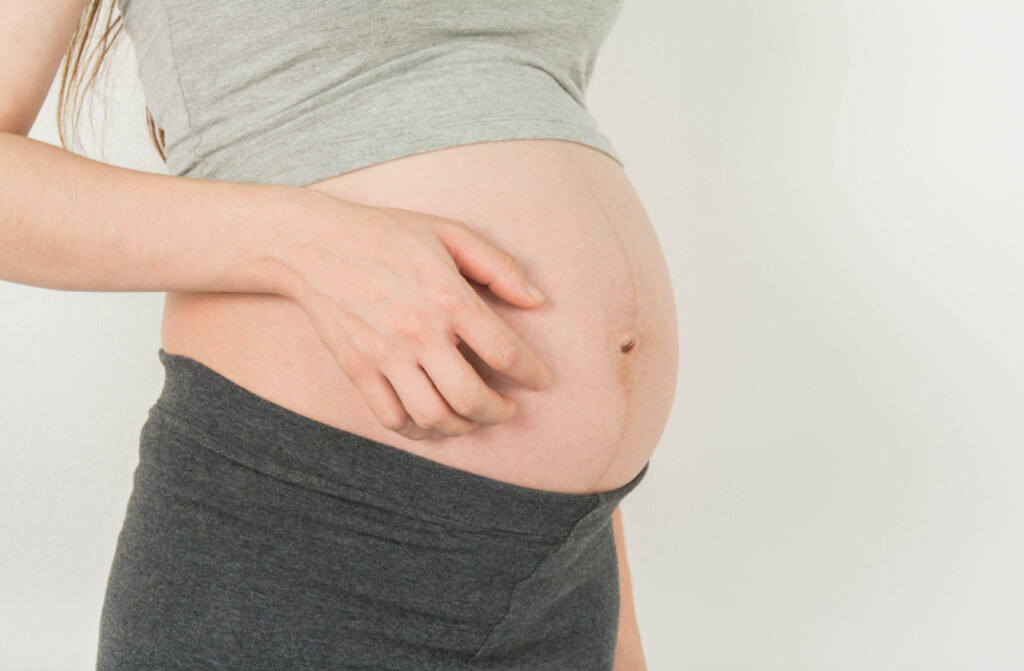 However, pulling pains in the lower abdomen are not always a physiological process. It happens that this indicates that the pregnancy proceeds with pathology and requires medical adjustment. nine0003
However, pulling pains in the lower abdomen are not always a physiological process. It happens that this indicates that the pregnancy proceeds with pathology and requires medical adjustment. nine0003
That is why, if there are pulling or aching pains in the lower abdomen, it is necessary to contact an obstetrician-gynecologist in order to accurately determine the cause of the pain.
Never self-medicate. Remember that you are responsible not only for yourself, but also for the little man that you carry under your heart.
Abdominal pain during pregnancy may be:
- obstetric;
- "non-obstetric".
Pain associated with pregnancy may be developmental:
- physiological changes during pregnancy;
- threatened miscarriage;
- missed pregnancy;
- ectopic pregnancy.
Pain not associated with pregnancy may occur with:
- inflammatory processes;
- pathologies of the digestive system;
- surgical diseases;
- diseases of other organs or systems.

Pain in the lower abdomen during pregnancy as a variant of the norm
Not all pain in the lower abdomen during pregnancy is a manifestation of pathology. Sometimes they can occur during the normal course of pregnancy.
As a physiological process, pain in the lower abdomen can occur in the following situations:
- sign of pregnancy;
- displacement of the pelvic organs by the growing uterus;
- stretching of the ligaments and muscles associated with the growth of the uterus. nine0034
Abdominal pain is a sign of pregnancy
Finding out that you are pregnant is now not a big deal, because there are pregnancy tests. In addition, a delay in menstruation can serve as evidence of pregnancy.
All this is good when menstruation is regular and delayed by at least 14 days. In this case, the pregnancy test may be positive. However, do not forget that not all tests are highly accurate, so it can show two cherished strips much later than we would like.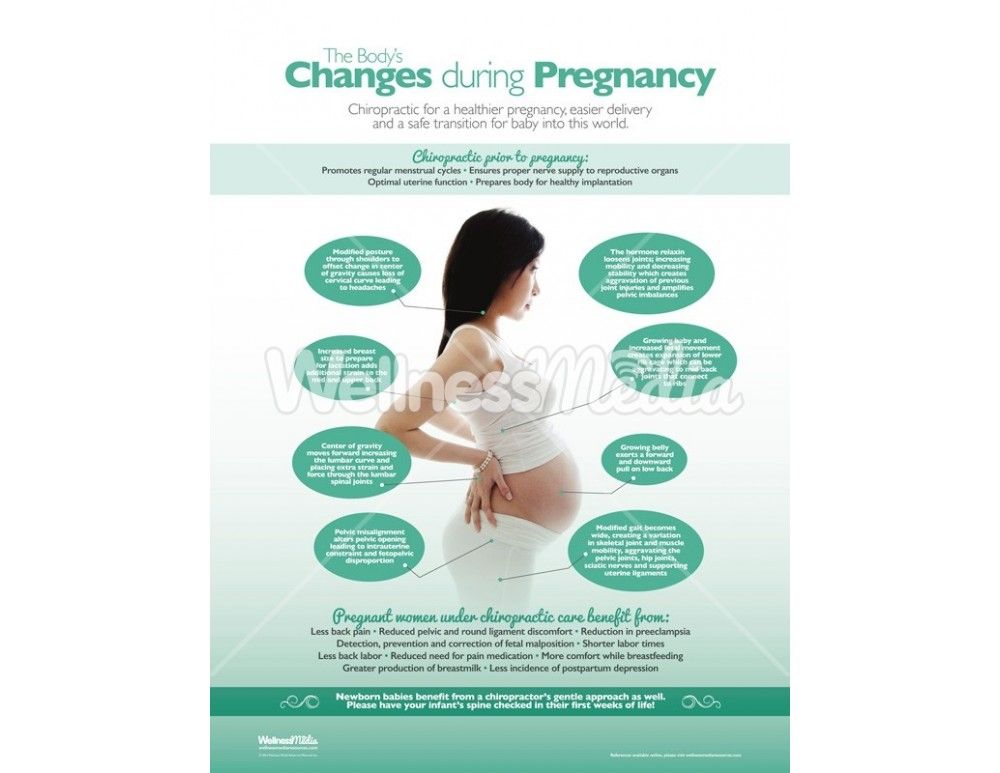 nine0003
nine0003
Therefore, it is necessary to pay close attention to the sensations of your body, because it signals the onset of pregnancy long before the manifestation of a delay in menstruation.
If you assume that pregnancy is possible, then listen carefully to your body: it can send you a signal in the form of pulling pains in the lower abdomen. At the same time, the pains will differ in their intensity: one woman will say that the pains are unbearable, the other will not notice them at all. Each woman is individual. nine0003
If each menstruation is preceded by unpleasant pain in the lower abdomen or lower back, you may not understand that once again they are associated with the onset of pregnancy.
Pain in the lower abdomen during pregnancy may be associated with the implantation process. To do this, you need to remember the process of fertilization of the egg by the sperm. After their fusion in the fallopian tubes, the fertilized egg enters the uterus under the action of the movement of cilia in the fallopian tubes.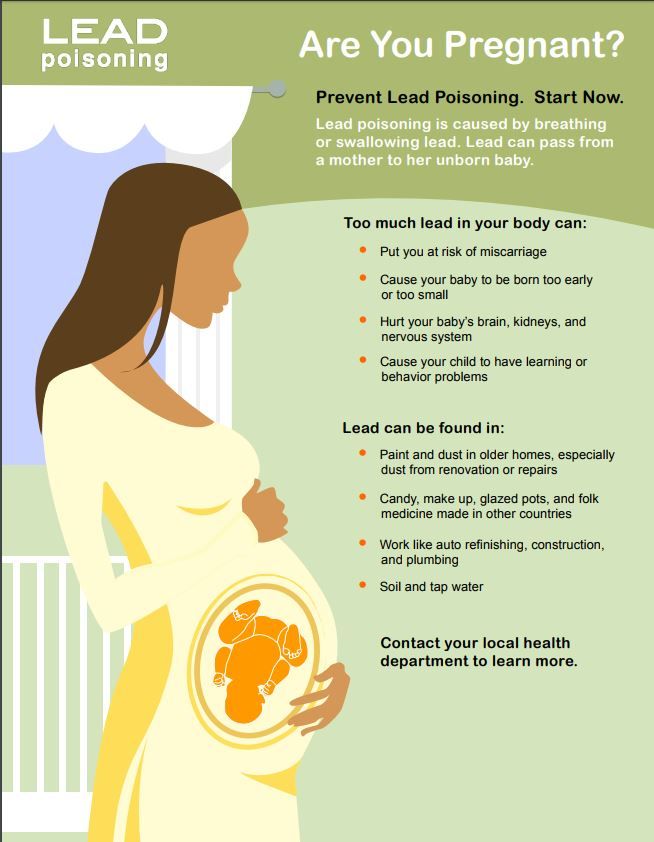 The uterine endometrium is a loose mass where a fertilized egg is implanted. nine0003
The uterine endometrium is a loose mass where a fertilized egg is implanted. nine0003
The process of implantation is the insertion of a fertilized egg into the endometrium of the uterus. At this time, there is a violation of the integrity of the endometrium, which may be accompanied by unpleasant sensations in the lower abdomen. In addition, sometimes slight dark bloody discharge may appear from the genital tract, which can be perceived as the beginning of another menstruation.
Threatened miscarriage
A fairly common cause of pain in the lower abdomen is a threatened miscarriage. This condition is individual and does not depend on physical exertion or complete rest, but on the condition of the woman and her unborn child. nine0003
Among the reasons that may cause a miscarriage may be:
- severe physical exertion;
- sexual contact;
- malnutrition of the ovum;
- genetic disorders and other causes.
Of course, this is not evidence that a miscarriage will not occur with complete rest.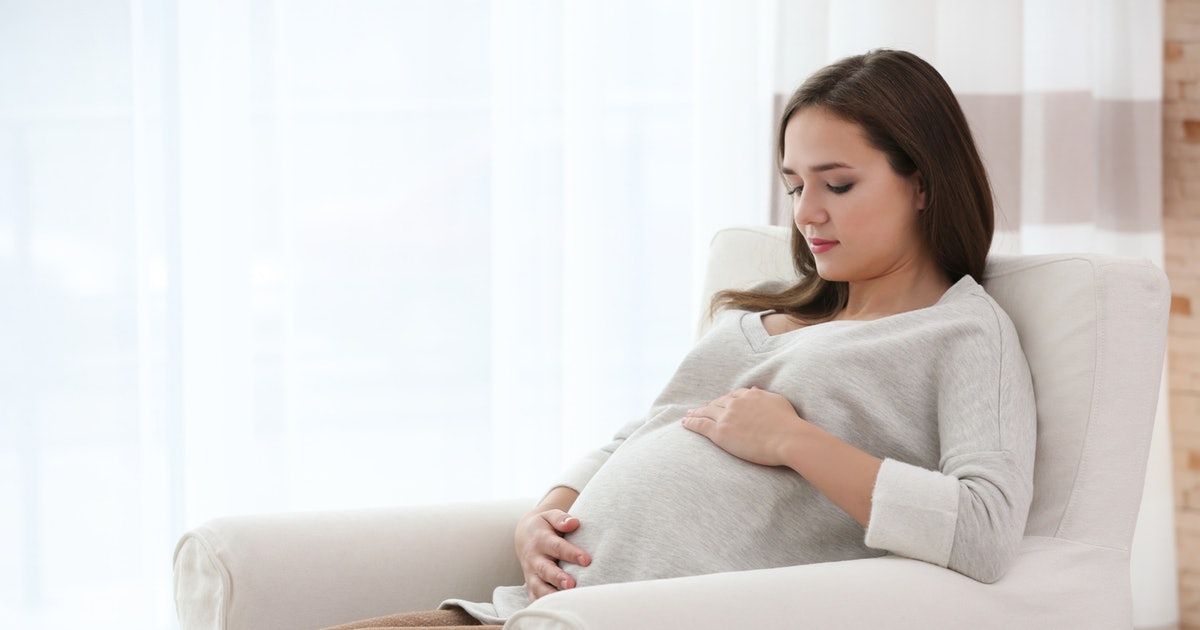 Miscarriage can occur due to genetic abnormalities, and due to stress. No woman is immune from the threat of pregnancy loss. nine0008
Miscarriage can occur due to genetic abnormalities, and due to stress. No woman is immune from the threat of pregnancy loss. nine0008
That is why attention and sensitivity to the state of your body is so necessary, which will in every possible way send signals that the pregnancy is not going the way you want.
Threatened miscarriage is accompanied by:
- aching or pulling pains in the lower abdomen;
- aching or drawing pains in the small of the back or sacrum.
- bloody discharge from the genital tract.
If you have pain in the lower abdomen, you need to see a doctor, because a threatened miscarriage, if medical assistance is not provided, can turn into an abortion that has begun, the treatment of which is much more difficult, if not completely useless. nine0003
An ambulance should be called if:
- pain in the lower abdomen gets worse;
- pains begin to radiate to other areas;
- painful sensations do not go away for a long time;
- bloody discharge from the genital tract appeared.

Increased pain
If the pulling pains in the lower abdomen are weak, do not increase and do not radiate to other areas, then you can come to the antenatal clinic in the daytime on your own. This will not threaten serious complications of your condition. nine0003
If the pain becomes more intense, does not go away at rest, you should not self-medicate, take drugs without a doctor's prescription.
Do not put anything on the stomach. Both hot and cold application can contribute to the onset of a miscarriage. In addition, with the threat of termination of pregnancy, this manipulation will not remove the pain.
Localized pain
When a threatened miscarriage occurs, pain of a pulling or aching nature disturbs the pregnant woman in the lower abdomen. nine0003
If the pains have a clear localization in a certain place, most often on the right or left, then a mandatory consultation with a specialist is necessary, since an ectopic pregnancy or surgical pathology, such as appendicitis, may develop.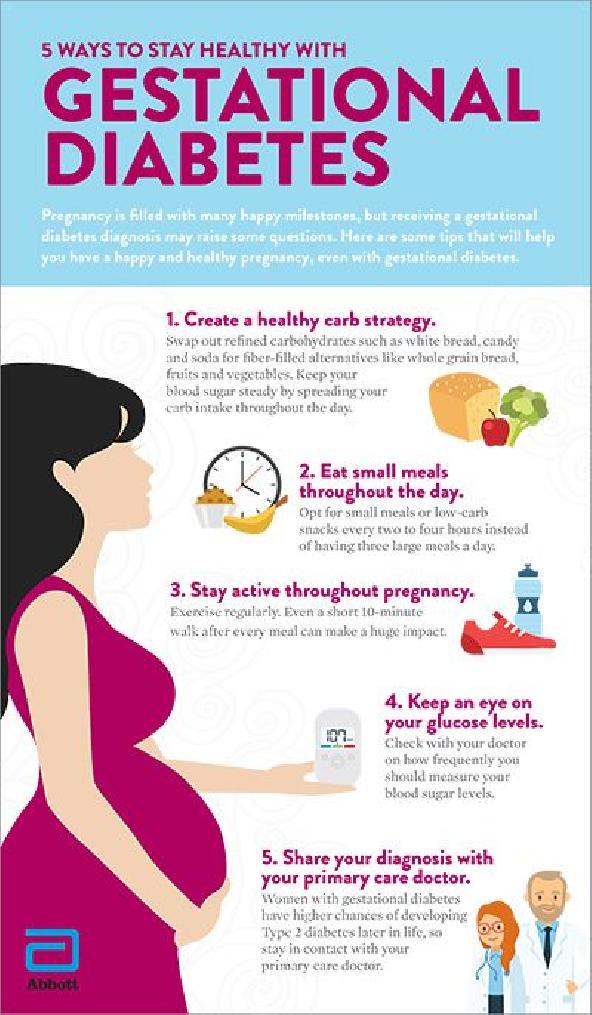
Bloody discharge from the genital tract
If bloody discharge from the genital tract has joined the pulling pain in the lower abdomen, urgent medical attention is needed. This phenomenon may indicate a miscarriage that has begun. nine0003
The discharge may be scanty, spotting or copious, dark or bright. In any case, you can not do without consulting an obstetrician-gynecologist.
There are situations when there is no pain, but there is bloody discharge from the genital tract. This case also requires specialist advice.
Any bloody discharge from the genital tract may indicate a miscarriage. Only timely treatment can contribute to the preservation and prolongation of pregnancy. nine0003
In some cases, the appearance of bloody discharge from the genital tract may be a manifestation of a miscarriage, which requires immediate medical attention.
Miscarriage
The fertilized egg does not always develop correctly. In some cases, there is a cessation of its division and death.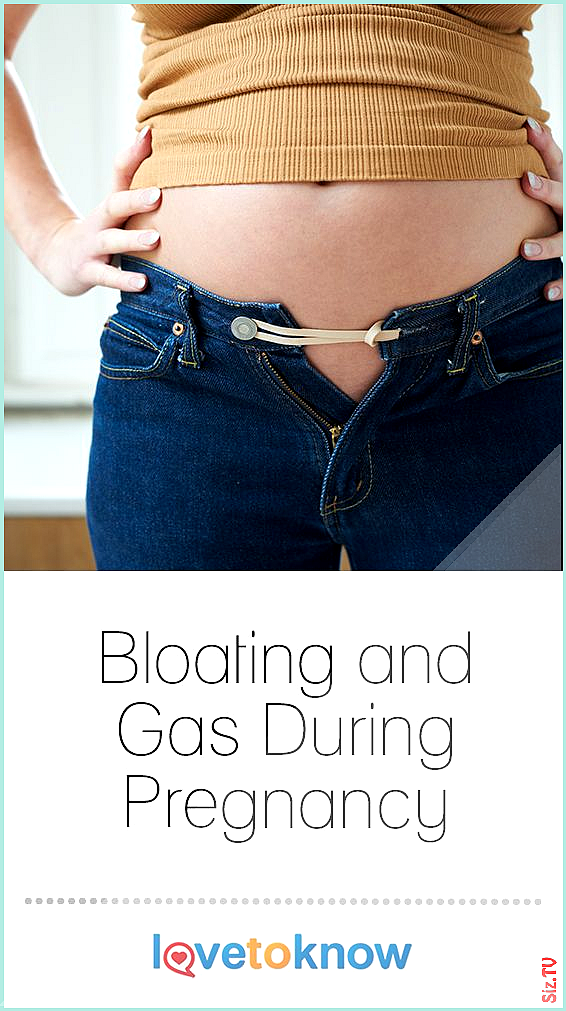 Most often, missed pregnancy occurs due to any mutations. At the same time, the woman does not suspect that the pregnancy has stopped.
Most often, missed pregnancy occurs due to any mutations. At the same time, the woman does not suspect that the pregnancy has stopped.
However, the dead fetal egg begins to be rejected on its own. At the same time, there are pulling pains in the lower abdomen, which are soon joined by bloody discharge from the genital tract.
When a miscarriage is diagnosed, curettage of the uterine cavity may be indicated. Conservative management is also possible, but this can only be determined by a specialist after consultation.
Ectopic pregnancy
Ectopic pregnancy most often occurs as a tubal pregnancy, when the fertilized egg does not reach the uterus, and the implantation process occurs in the fallopian tube. At the same time, the development of the fetal egg can continue for a long time without any manifestations, up to 12 weeks of pregnancy. However, most often such a pregnancy is interrupted at 6 to 8 weeks. nine0003
The fertilized egg develops and grows, which causes pain in the right or left side of the lower abdomen.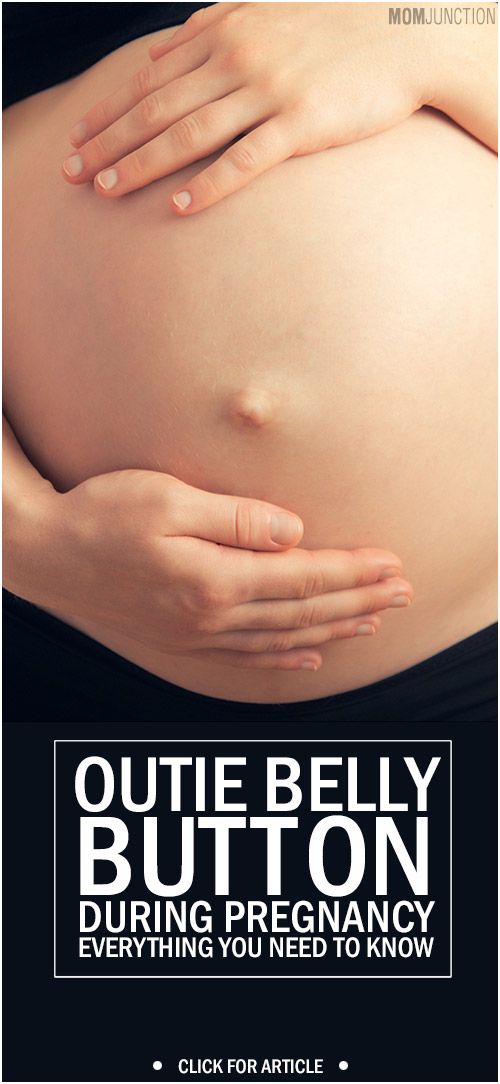 The pains are unilateral, are obsessive, tend to increase.
The pains are unilateral, are obsessive, tend to increase.
In addition to pain in the lower abdomen, bloody discharge from the genital tract appears, and the pain begins to radiate to the leg from the side of the pain. There may be unpleasant sensations of pressure on the rectum. Medical surgery is the only way to save a woman's life. Preservation of pregnancy is impossible. nine0003
"Non-obstetric" causes of pain in the lower abdomen
Inflammatory processes
Among the "non-obstetric" causes of pain in the lower abdomen, the most common are inflammatory processes of the pelvic organs. If earlier it was believed that there could be no inflammation in pregnant women, now it has been proven that a decrease in the immunity of a pregnant woman awakens all pathological processes in her body.
Pain in inflammatory processes of the pelvic organs differ in their intensity. At the same time, they occur in the lower abdomen and most often have a pulling or aching character.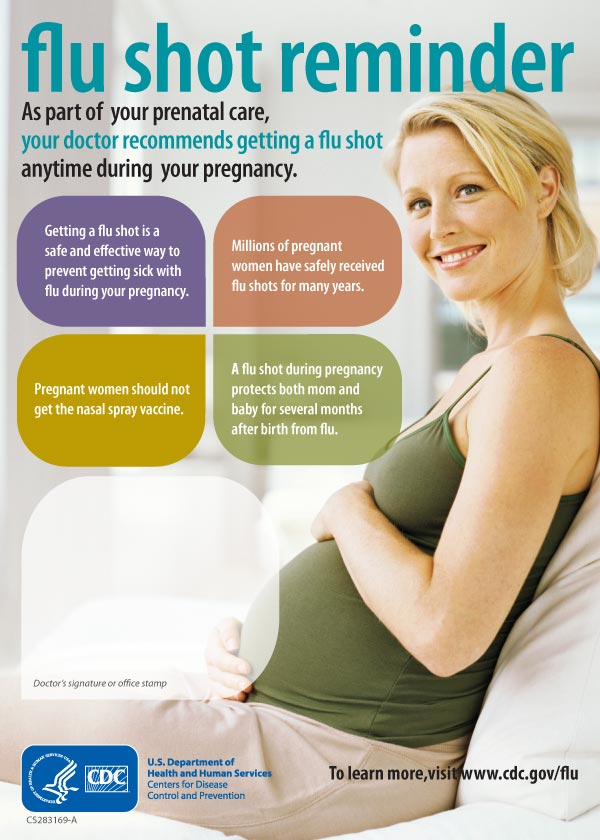 nine0003
nine0003
Pathology of the digestive system
Very often, pulling pains in the lower abdomen can occur in a pregnant woman due to problems with the digestive tract. During pregnancy, there is a decrease in intestinal contractility. In addition, there are significant changes in the hormonal background of a woman. Therefore, very often pregnancy is accompanied by constipation and bloating. To normalize digestion, a change in diet is recommended and mild laxatives can be taken. nine0003
Surgical pathology
Of the surgical pathologies that may be accompanied by pulling pains in the lower abdomen during pregnancy, acute appendicitis is the most common.
In the early stages of pregnancy, it is obligatory to differentiate obstetric and gynecological diseases from appendicitis, since it has similar symptoms. There are pains in the lower abdomen, which most often occur in the navel or stomach, and then descend to the right iliac region. Nausea, vomiting, fever joins.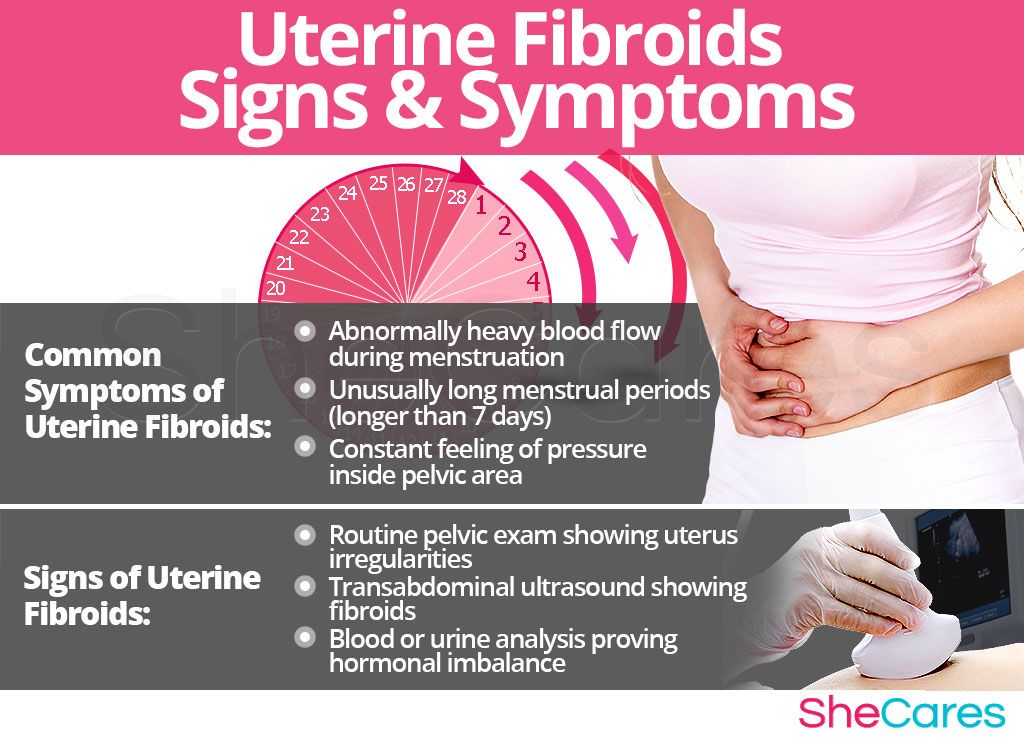 The only treatment is surgery. In this case, the pregnancy is preserved. nine0003
The only treatment is surgery. In this case, the pregnancy is preserved. nine0003
Diseases of other organs or systems
In addition to obstetric and surgical causes, which can cause pulling pains in the lower abdomen in early pregnancy, other body systems may also be involved in the pathological process. The most common lesion is the urinary tract.
Cystitis
Due to the anatomical features of a woman, cystitis can occur at any time and in any condition, so pregnant women are just as susceptible to it as non-pregnant women. nine0003
The bladder, located in the lower third of the abdomen, may give false symptoms of threatened miscarriage.
Cystitis, in addition to pulling or aching pains in the lower abdomen, is accompanied by pain during urination, pain at the end of the act of urination. In addition, with cystitis, the urine may be stained with blood, and it is difficult to distinguish this from bloody discharge during a miscarriage.
In any case, it is necessary to consult an obstetrician-gynecologist, pass a general urine test, and then consult a urologist and treat the infection. Any infection can adversely affect the condition of the fetus, so timely treatment is the key to the normal development of your child. nine0003
Any infection can adversely affect the condition of the fetus, so timely treatment is the key to the normal development of your child. nine0003
Make an appointment with a gynecologist
For more details, consult a qualified specialist at the Semeynaya clinic.
To clarify the prices for a gynecologist's appointment or other questions, follow the link below:
Treatment of abdominal pain - OSTEOMED clinic network Pain in the abdomen during pregnancy can be of different localization and in most cases they do not conceal anything threatening. Basically, this is a normal reaction of the body to the increasing weight and growth of the uterus. The most hectic period of pregnancy is the first trimester, because ectopic pregnancy, spontaneous abortion and the like can take place here. Anxiety contributes to a lot of hormonal failure in the body. After all, during this period they need to quickly reorganize in a new way, which will allow them to endure, give birth to a healthy child without problems, and even set up proper lactation.
 Moreover, in each of these stages there is a certain hormonal jump, in which the emotional state of the pregnant woman is often changeable. nine0225
Moreover, in each of these stages there is a certain hormonal jump, in which the emotional state of the pregnant woman is often changeable. nine0225 Quite often, pain in the lower abdomen is felt during pregnancy in the early stages. If they do not bring much discomfort, there is no spotting, as well as other symptoms of a possible pathology or disease, then treatment is not required. At the beginning of pregnancy, such pains can be associated with hormonal changes, in the middle - with the rapid growth of the uterus, and at the end - with the preparation of the uterus for childbirth.
First trimester abdominal pain
If the stomach hurts during early pregnancy, then this does not always indicate some kind of pathology. With mild, rarely occurring and quickly passing pains, you should not worry. But for greater certainty, as soon as the test showed two strips, it is worth contacting a gynecologist as soon as possible. This will not only relieve the hassle, but also morally set you up for the upcoming event.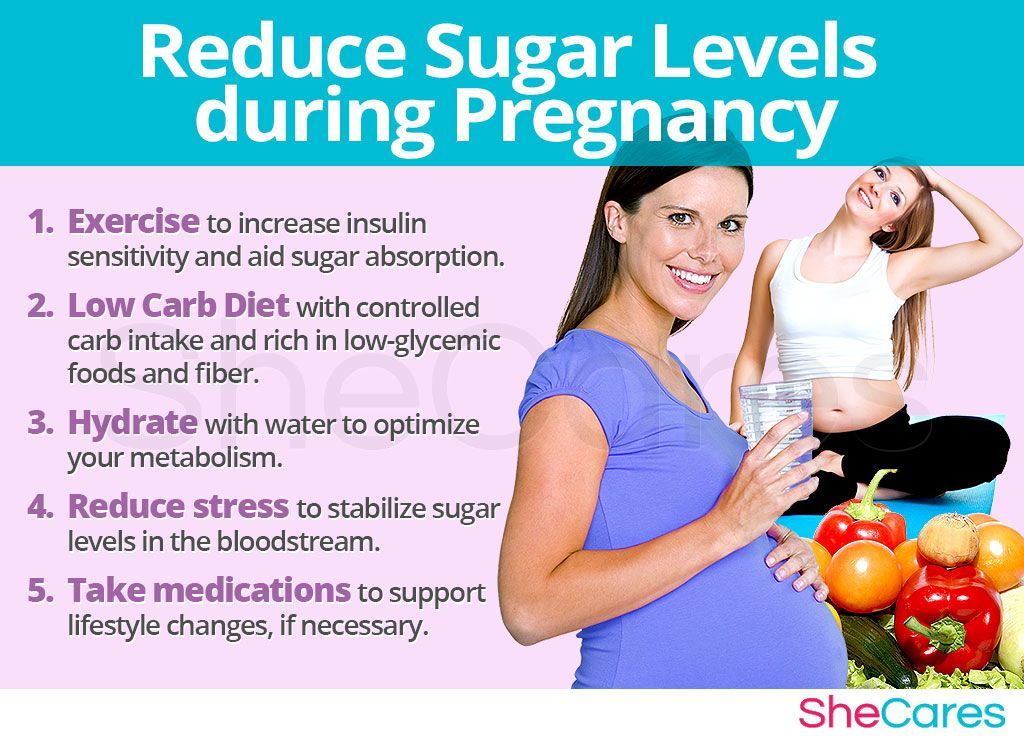 With frequent aching, intense and cramping pains, it is urgent to find time and be sure to see a doctor. After all, this may indicate an ectopic pregnancy, which will require urgent surgical intervention. In addition, spontaneous abortion (miscarriage) can also be the cause. However, often, but not always, abdominal pain is accompanied by lower back pain and bleeding. If all indicators of pregnancy are normal, but the stomach still aches, this is explained very simply. The body is rebuilt, the tissues supporting the uterus become softer, looser, while the uterus itself grows and shifts, which contributes to tingling and sipping pains in the lower abdomen. nine0225
With frequent aching, intense and cramping pains, it is urgent to find time and be sure to see a doctor. After all, this may indicate an ectopic pregnancy, which will require urgent surgical intervention. In addition, spontaneous abortion (miscarriage) can also be the cause. However, often, but not always, abdominal pain is accompanied by lower back pain and bleeding. If all indicators of pregnancy are normal, but the stomach still aches, this is explained very simply. The body is rebuilt, the tissues supporting the uterus become softer, looser, while the uterus itself grows and shifts, which contributes to tingling and sipping pains in the lower abdomen. nine0225
Pain in the lower abdomen
Pain in the lower abdomen during pregnancy, and especially in the later stages, is often due to internal pressure, that is, the growing uterus presses on the internal organs, thus disrupting their full-fledged work. The intestine reacts very sensitively to the hormones of "pregnancy" with a decrease in motility, a violation of peristalsis, which is a common cause of constipation, bloating and colic. To avoid this, you need to move more often, eat foods rich in fiber (fruits, vegetables, whole grain bread) and, of course, drink more fluids. Also, pain concentrated in the lower abdomen can be caused by a sprain due to the rapid growth of the uterus, or it can be triggered by premature detachment of the placenta. In the latter case, urgent medical attention is needed, because irreparable harm can be done to the mother and child. In this case, rapid delivery and immediate stopping of bleeding are indicated. In addition, during pregnancy, new or exacerbated chronic diseases can develop, which can also give signals in the lower abdomen. These are cholecystitis, intestinal dysbacteriosis and others. In some cases, emergency surgery is indicated, and therefore it is worth paying attention to the slightest changes in the nature of the pain. If there is even the slightest doubt, you should urgently consult a doctor, otherwise it may be too late. In addition, problems with the genitourinary system are quite possible, which can also provoke pain in the lower abdomen.
To avoid this, you need to move more often, eat foods rich in fiber (fruits, vegetables, whole grain bread) and, of course, drink more fluids. Also, pain concentrated in the lower abdomen can be caused by a sprain due to the rapid growth of the uterus, or it can be triggered by premature detachment of the placenta. In the latter case, urgent medical attention is needed, because irreparable harm can be done to the mother and child. In this case, rapid delivery and immediate stopping of bleeding are indicated. In addition, during pregnancy, new or exacerbated chronic diseases can develop, which can also give signals in the lower abdomen. These are cholecystitis, intestinal dysbacteriosis and others. In some cases, emergency surgery is indicated, and therefore it is worth paying attention to the slightest changes in the nature of the pain. If there is even the slightest doubt, you should urgently consult a doctor, otherwise it may be too late. In addition, problems with the genitourinary system are quite possible, which can also provoke pain in the lower abdomen. nine0003
nine0003
Uterine tone
Uterine tone is painless or slightly painful uterine contractions. If a pregnant woman feels a spasm in the lower abdomen, the stomach becomes like a stone (this is especially noticeable in the second half of pregnancy) - this is a tone. The tone is diagnosed by a gynecologist during an external examination. The fact that the tone was recorded on the ultrasound, contrary to popular belief, is not an indication for treatment and hospitalization. The uterus is a muscular organ, and it is quite normal that it contracts periodically. The key word here is periodically, and, of course, painlessly and for a short time. With uterine tone, doctors recommend taking a horizontal position, lying on your side, you can take an antispasmodic pill and use a Papaverine suppository. nine0003
Preliminaries
As a rule, there are minor pains in the lower abdomen during late pregnancy - these are preparatory contractions.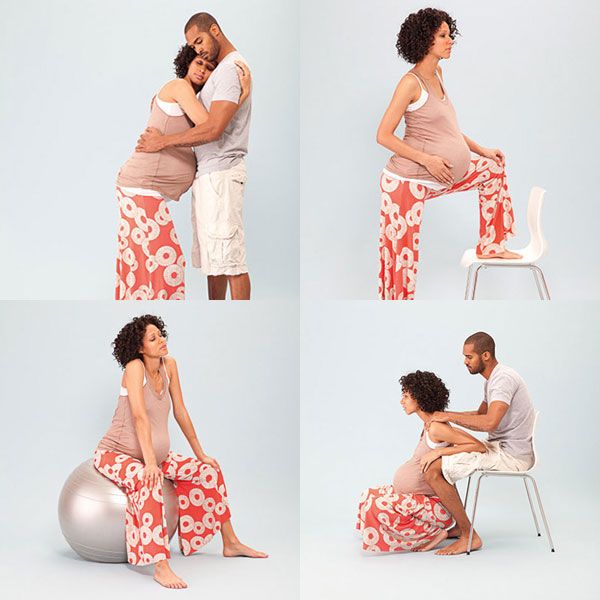 Thus, the uterus prepares for the upcoming birth. In some women, the uterus begins to “prepare” like this at 32 weeks, in others for 1-2 weeks, and someone either does not notice these weak contractions, or considers this the norm, and therefore does not pay attention. It is very important to learn to distinguish between preliminary contractions and true ones, those that begin already in childbirth. Preliminary contractions last for several seconds, and they are not regular, unlike true ones, and do not intensify. It has been observed that nulliparous women are more likely to experience pre-contractions than multiparous women. This kind of pain is removed very easily by non-drug methods - you can just take a deep breath, lie down and relax. In many cases, taking a warm (not hot!) bath helps. nine0003
Thus, the uterus prepares for the upcoming birth. In some women, the uterus begins to “prepare” like this at 32 weeks, in others for 1-2 weeks, and someone either does not notice these weak contractions, or considers this the norm, and therefore does not pay attention. It is very important to learn to distinguish between preliminary contractions and true ones, those that begin already in childbirth. Preliminary contractions last for several seconds, and they are not regular, unlike true ones, and do not intensify. It has been observed that nulliparous women are more likely to experience pre-contractions than multiparous women. This kind of pain is removed very easily by non-drug methods - you can just take a deep breath, lie down and relax. In many cases, taking a warm (not hot!) bath helps. nine0003
Gynecological pathologies
Those 4 reasons that we described above are variants of the norm. However, it is urgent to consult a doctor if these conditions are accompanied by bloody or brown vaginal discharge, clear or greenish vaginal discharge (they may turn out to be amniotic fluid), if the pain lasts for several minutes, is not relieved by antispasmodics and only increases when weakness appears, dizziness, flies before the eyes, etc. In a word, if the condition worsens. Such symptoms may indicate a threat or a spontaneous miscarriage, a frozen or ectopic pregnancy (when an early pregnancy, pain in the lower abdomen), premature or term birth, etc. nine0003
In a word, if the condition worsens. Such symptoms may indicate a threat or a spontaneous miscarriage, a frozen or ectopic pregnancy (when an early pregnancy, pain in the lower abdomen), premature or term birth, etc. nine0003
Other reasons
However, not always abdominal pain in expectant mothers occurs precisely because of gynecological problems and is a consequence of pregnancy. Here are some other possible reasons.
1. Cystitis and other diseases of the female excretory system. The ureter is located next to the internal genital organs, because this pain is often confused with "gynecological". Usually the pain occurs in such cases suddenly, has a "stabbing" character. Pain in the lower abdomen is accompanied by frequent and painful urination. The urologist treats the genitourinary system. You should not start the disease, because it is caused by an infection that is unsafe for the child. Folk remedies, like bearberry, do not help well, but the doctor can prescribe effective medications that are approved for use by pregnant women.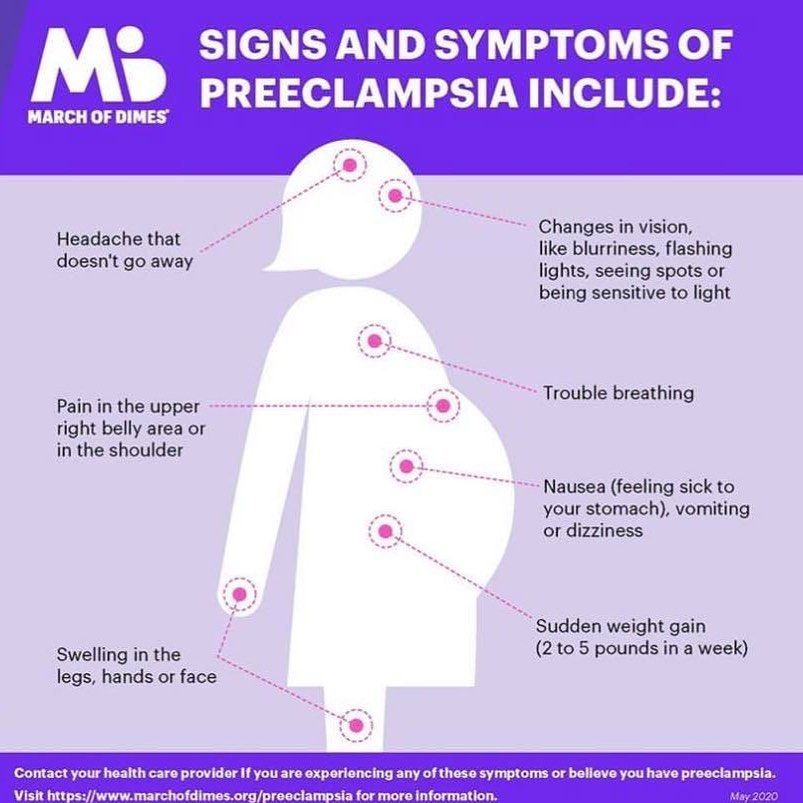 nine0003
nine0003
2. Problems with the intestines: diarrhea, constipation, bloating. It should be noted that the last 2 are frequent occurrences in expectant mothers. Constipation is caused by a decrease in physical activity, displacement of internal organs due to the growth of the uterus, malnutrition, and insufficient fluid intake. Bloating is caused by the consumption of appropriate foods, as well as soda. Sometimes it is enough to go to the toilet for the pain in the abdomen to go away if it's constipation.
3. Poisoning or rotovirus infection. Their symptoms are very similar. Usually it all starts with cramping pains in the lower abdomen, sometimes the pain goes to the navel. Then comes diarrhea and/or vomiting. nine0003
4. Appendicitis. If you have pregnancy, pulling pains in the lower abdomen do not always indicate tone or minor ailments, this may be a symptom of appendicitis, especially if the pain is right-sided, accompanied by fever. The correct diagnosis can be made by the surgeon.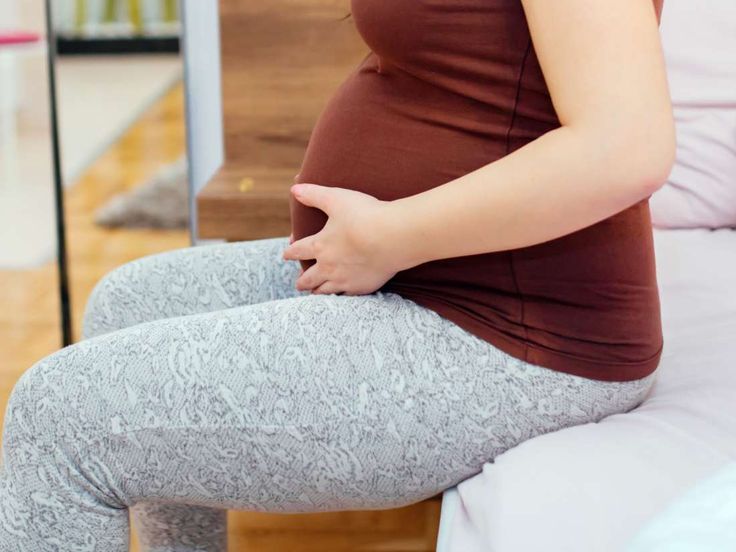 If the pain does not go away within an hour or two, but only increases, you should not attribute everything to an intestinal disorder and drink drugs like "smecta", this is very dangerous. If surgery is not carried out in time, it can lead to peritonitis. nine0003
If the pain does not go away within an hour or two, but only increases, you should not attribute everything to an intestinal disorder and drink drugs like "smecta", this is very dangerous. If surgery is not carried out in time, it can lead to peritonitis. nine0003
And this is not all the reasons. Pregnant women, not for the first time, can quite easily distinguish the pain caused by uterine spasm from other types of pain. But in any case, it does not hurt to see a doctor.
Upper abdominal pain
Pain at the top of the abdomen during pregnancy mainly occurs in the later stages. Their cause is the same uterus, which is constantly growing, slowly begins to reach the upper organs of the peritoneum. This primarily affects the liver, gallbladder, stomach, pancreas, disturbances in which lead to symptoms such as belching, bitterness in the mouth. In addition, very often in the last trimester of pregnancy, the stomach throws gastric juice up the esophagus, causing considerable discomfort. To avoid these unpleasant moments, you need to eat a balanced diet, which should be eaten in small portions. It is desirable, of course, to exclude fried, spicy, too salty and too sweet. nine0003
To avoid these unpleasant moments, you need to eat a balanced diet, which should be eaten in small portions. It is desirable, of course, to exclude fried, spicy, too salty and too sweet. nine0003
Stitches
Stinging abdominal pain during pregnancy occurs for many reasons. This may be stagnation of feces in the intestines, which also provokes flatulence and constipation. By the way, the latter, in the future, can become one of the causes of hemorrhoids. It is also necessary to pay attention to the intensity of pain. If it is weak, rarely occurring, then you should not dwell on it. But if the pain is severe, especially sharp, you need to consult a doctor. Acute pain may be due to the development of appendicitis, inflammation of the gallbladder (cholecystitis), pancreas. Often, during the filling of the bladder, expectant mothers complain of pains of a pulling nature in this area, which turn into stitches, and become more painful when urinating, which indicates cystitis.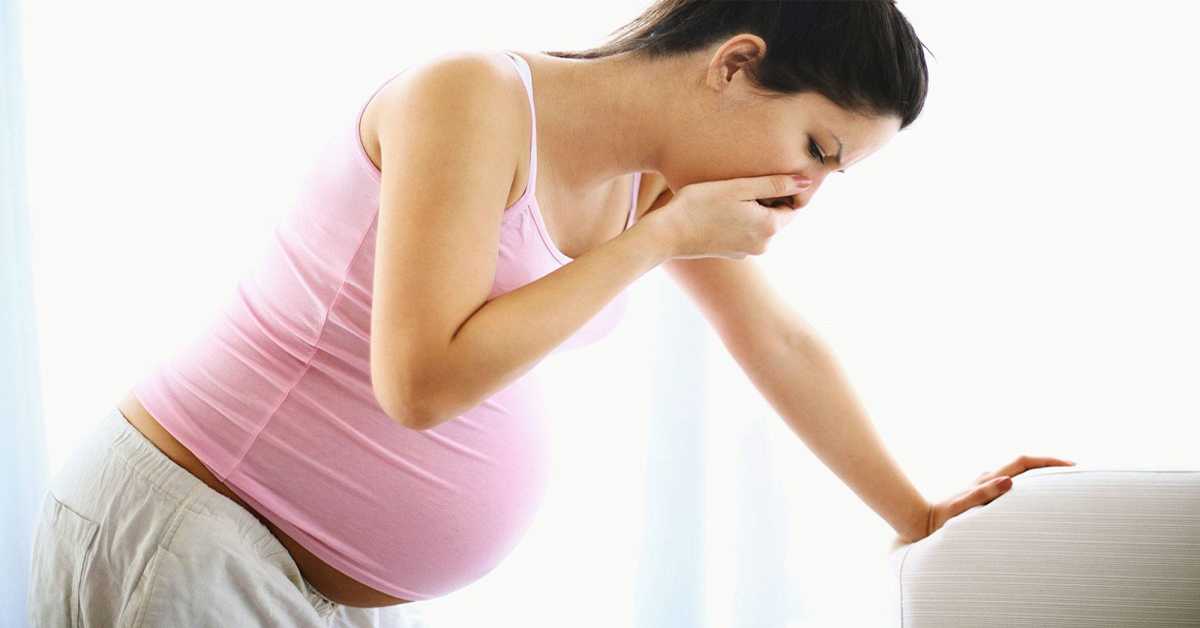 In addition, stabbing pains may indicate the presence of infectious diseases, which are most often sexually transmitted. nine0003
In addition, stabbing pains may indicate the presence of infectious diseases, which are most often sexually transmitted. nine0003
Left abdominal pain
Abdominal pain on the left during pregnancy can be caused by various diseases of the internal organs. They can signal various lesions of the stomach and pancreas, the splenic flexure of the colon and, in fact, the spleen itself, as well as the left kidney. In addition, pain localized in the left side of the abdomen is possible when a hiatal hernia occurs.
Abdominal pain on the right
Abdominal pain on the right during pregnancy most often occurs with diseases of the gallbladder, liver, duodenum, and right kidney. If the pain is accompanied by other symptoms, you should consult a doctor. For example, the symptoms of inflammation of the gallbladder include not only pain in the right side of the abdomen, but also nausea and vomiting (which are often confused with toxicosis).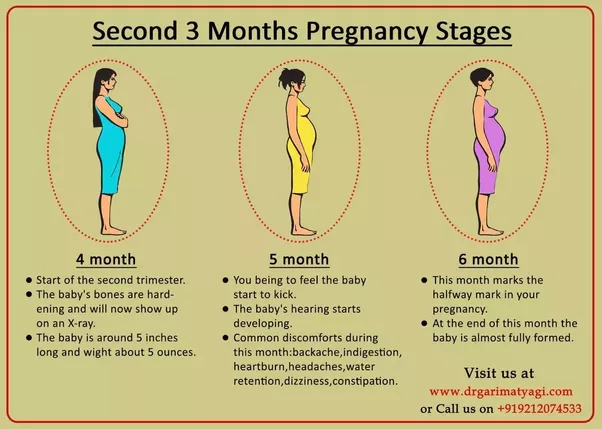 As a rule, following a salt-free diet with the complete exclusion of fatty, fried and spicy foods helps to cope with this problem. Possible formation of sand or kidney stones. Basically, during pregnancy, they try not to affect this organ, because it is of great importance when carrying a child. But if the doctor sees some kind of pathology or the hopelessness of the current situation, which can affect the further course of pregnancy, then measures will be taken to eliminate the cause of pain, with the maximum benefit for the fetus and woman. nine0003
As a rule, following a salt-free diet with the complete exclusion of fatty, fried and spicy foods helps to cope with this problem. Possible formation of sand or kidney stones. Basically, during pregnancy, they try not to affect this organ, because it is of great importance when carrying a child. But if the doctor sees some kind of pathology or the hopelessness of the current situation, which can affect the further course of pregnancy, then measures will be taken to eliminate the cause of pain, with the maximum benefit for the fetus and woman. nine0003
Pain in the abdomen when walking
Often, the stomach hurts when walking in a pregnant woman, causing some discomfort. Basically, this problem concerns the second and third trimesters of pregnancy, that is, those periods when the uterus begins to actively grow, thereby causing a change in the center of balance. This is one of the reasons for the so-called duck walk. Many pregnant women are ashamed of this and try hard to walk the same way as they used to walk, which causes pain. The second reason is the softening of the joints located between the pelvic bones. Thus, the body prepares for the passage of the baby through the birth canal. To reduce or even get rid of pain, you should pay attention to the position of your body when walking. The correct position of the torso during pregnancy is to take the shoulders back, shifting the center of gravity from the toe to the heel, and the use of a special bandage for pregnant women will also bring invaluable help, which will not only reduce the load from the abdomen, but also remove tension from the spine. nine0003
The second reason is the softening of the joints located between the pelvic bones. Thus, the body prepares for the passage of the baby through the birth canal. To reduce or even get rid of pain, you should pay attention to the position of your body when walking. The correct position of the torso during pregnancy is to take the shoulders back, shifting the center of gravity from the toe to the heel, and the use of a special bandage for pregnant women will also bring invaluable help, which will not only reduce the load from the abdomen, but also remove tension from the spine. nine0003
Severe pain
The stomach hurts a lot during pregnancy during the course of some, at least not very good changes. Normally, there should be no severe pain. But if they have already arisen, then you should not endure them, it is imperative to consult with the local gynecologist. Severe pain can be the result of ectopic pregnancy, placental abruption, miscarriage, premature birth, as well as diseases associated with inflammation and chronic diseases of the internal organs. In principle, in any of these cases, it is necessary to call an ambulance as soon as possible, because untimely assistance can lead to disastrous consequences. The most important thing in this matter is not to miss the precious time that can give life to a small miracle, and maybe more than one. nine0003
In principle, in any of these cases, it is necessary to call an ambulance as soon as possible, because untimely assistance can lead to disastrous consequences. The most important thing in this matter is not to miss the precious time that can give life to a small miracle, and maybe more than one. nine0003
Abdominal pain can be of different localization, intensity and etiology. If you have any doubts about this, you should immediately consult a doctor. If other symptoms, such as nausea, vomiting, dizziness, loss of consciousness, and the like, join pain in the abdomen, you should urgently, without delay, call an ambulance.
OSTEOPATHICS AND ABDOMINAL PAIN
We recommend that you use our services and prevent abdominal pain without the use of medicines that are harmful to the expectant mother. Osteopathy will help you not only get rid of pain, but also prevent their occurrence. Our specialists, absolutely safely, will carry out the treatment very carefully and efficiently.